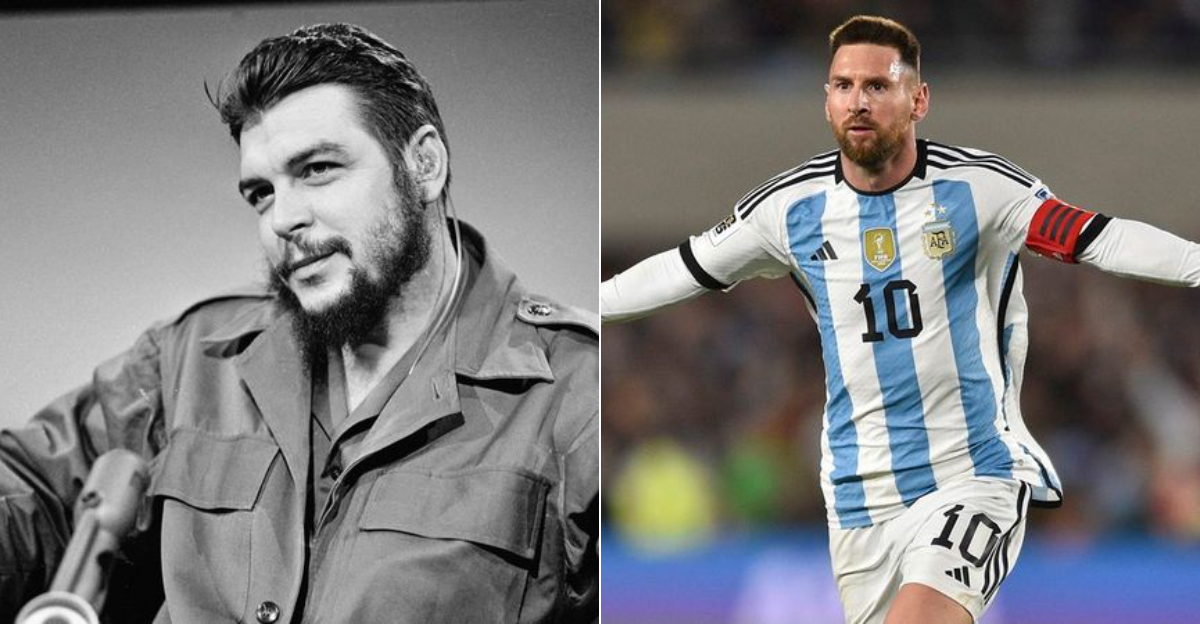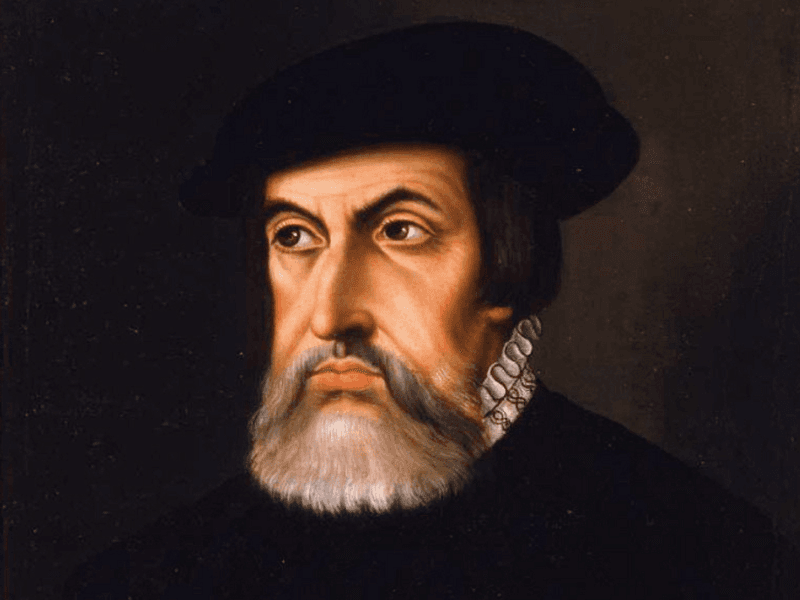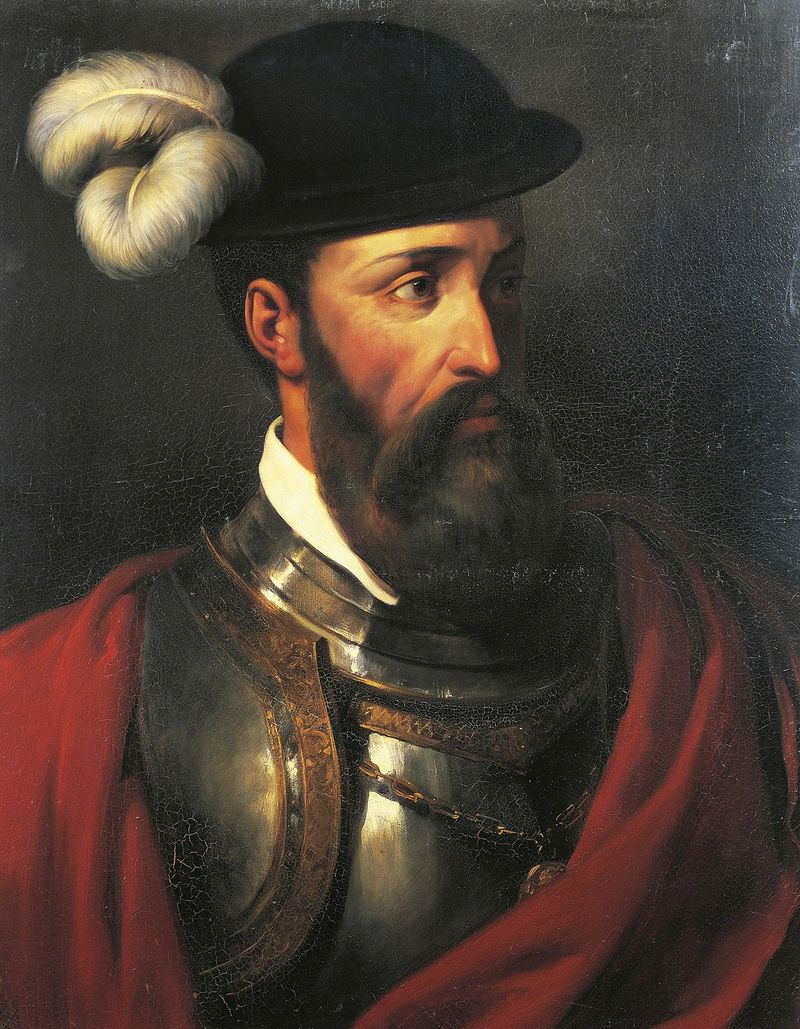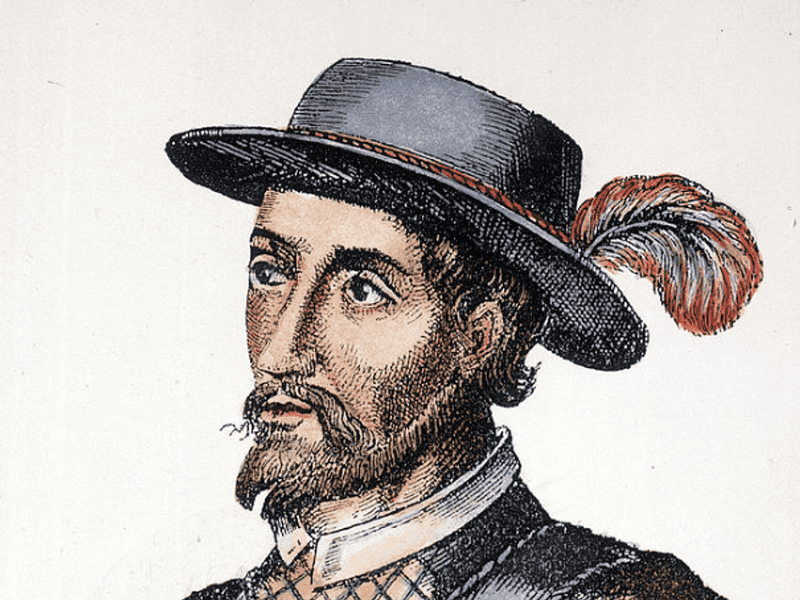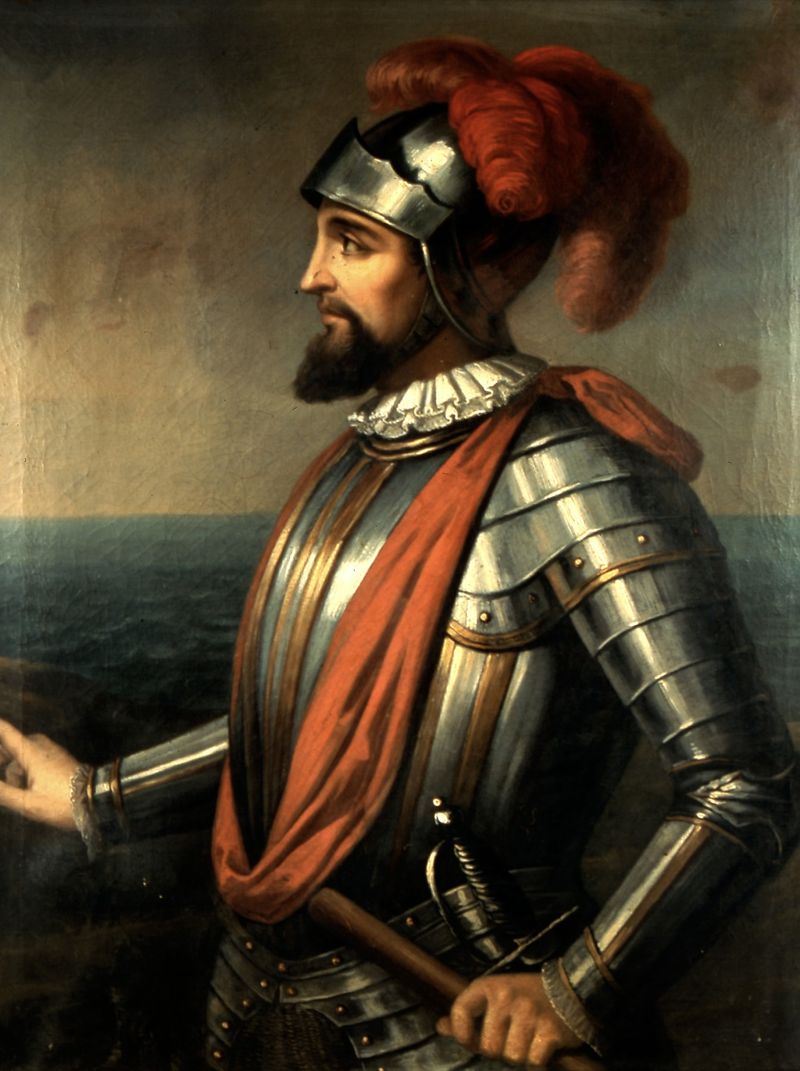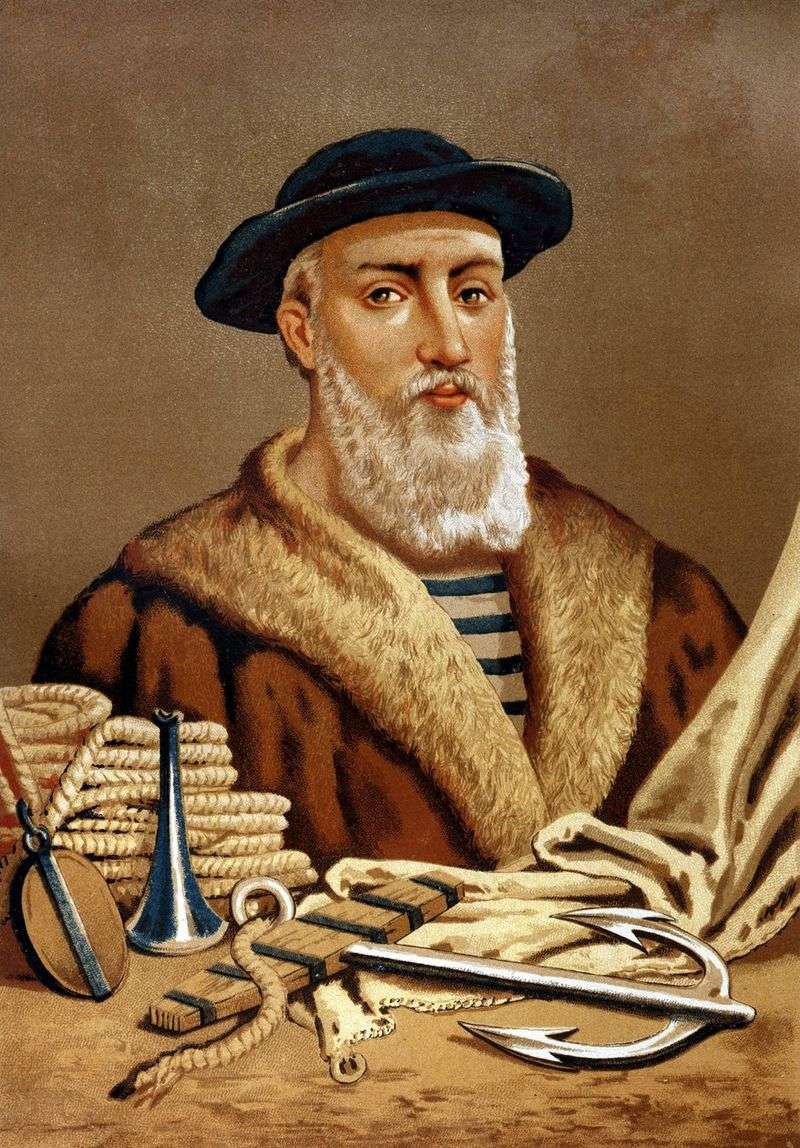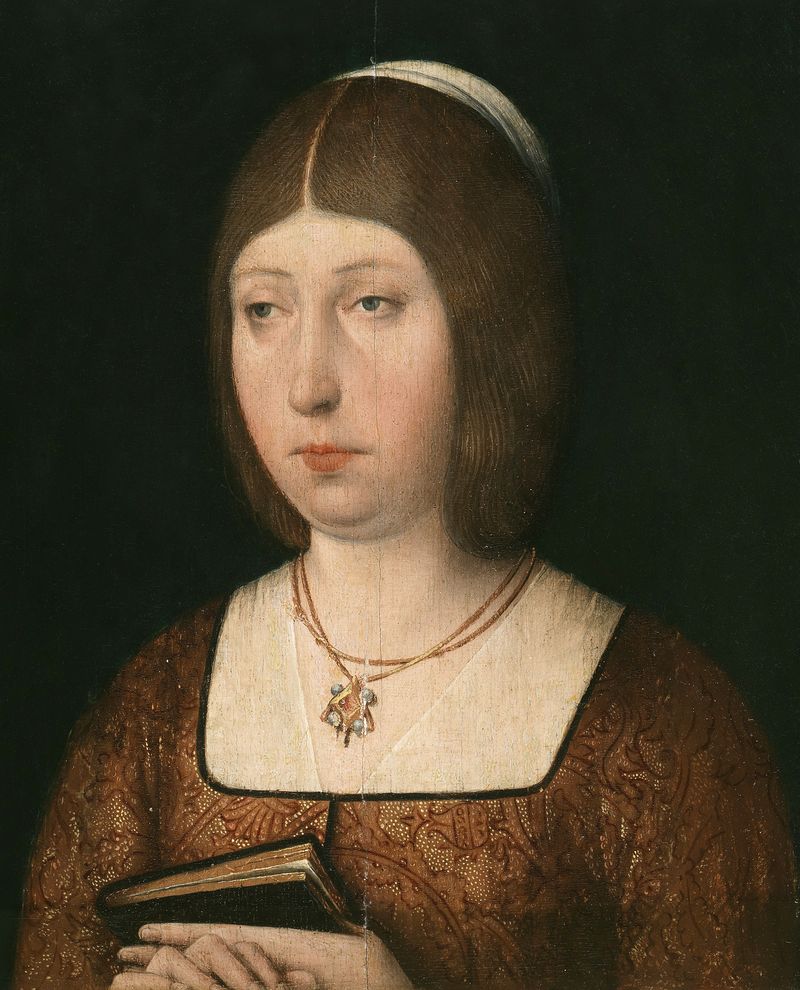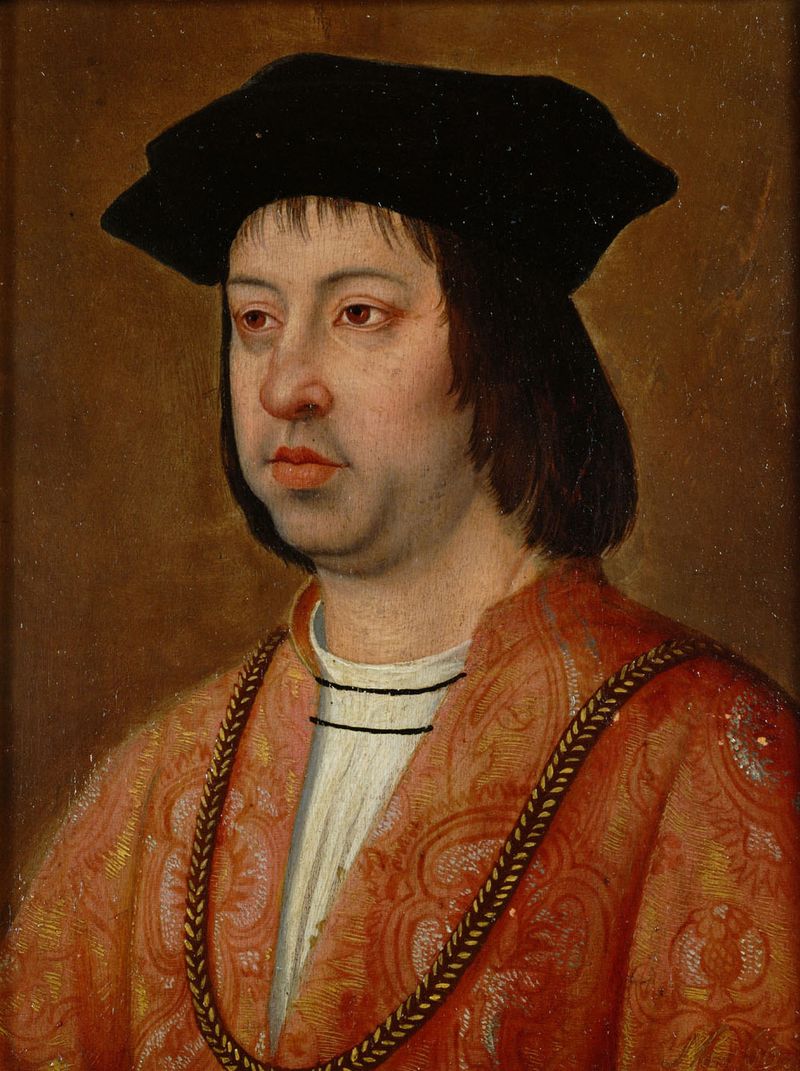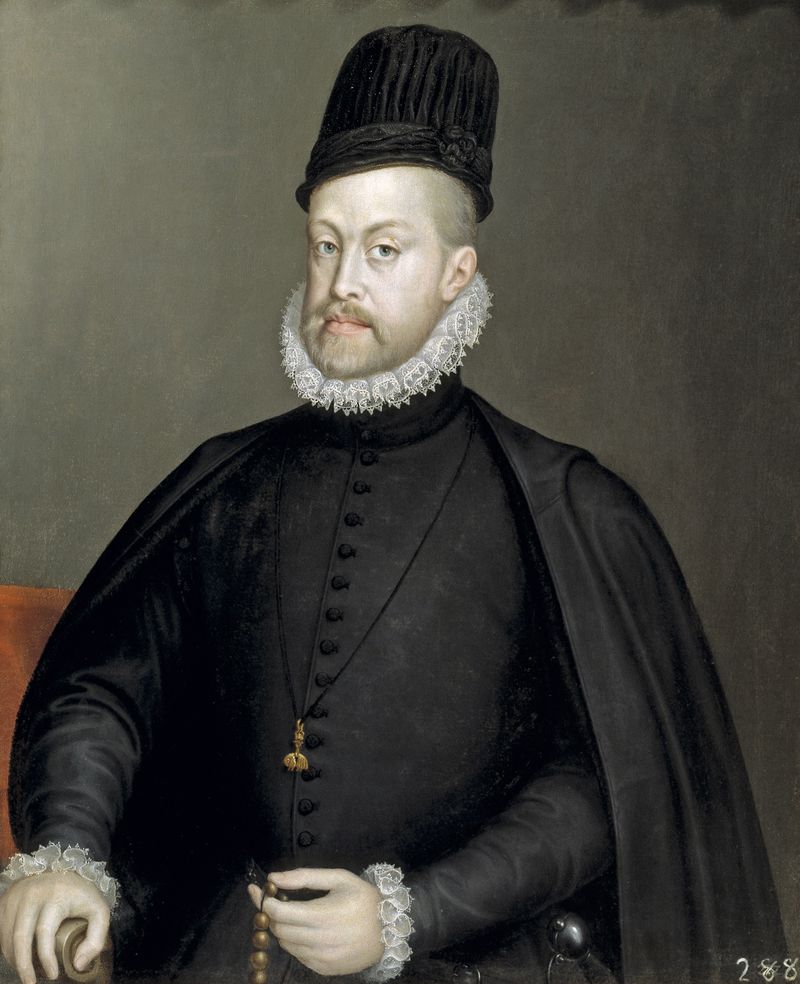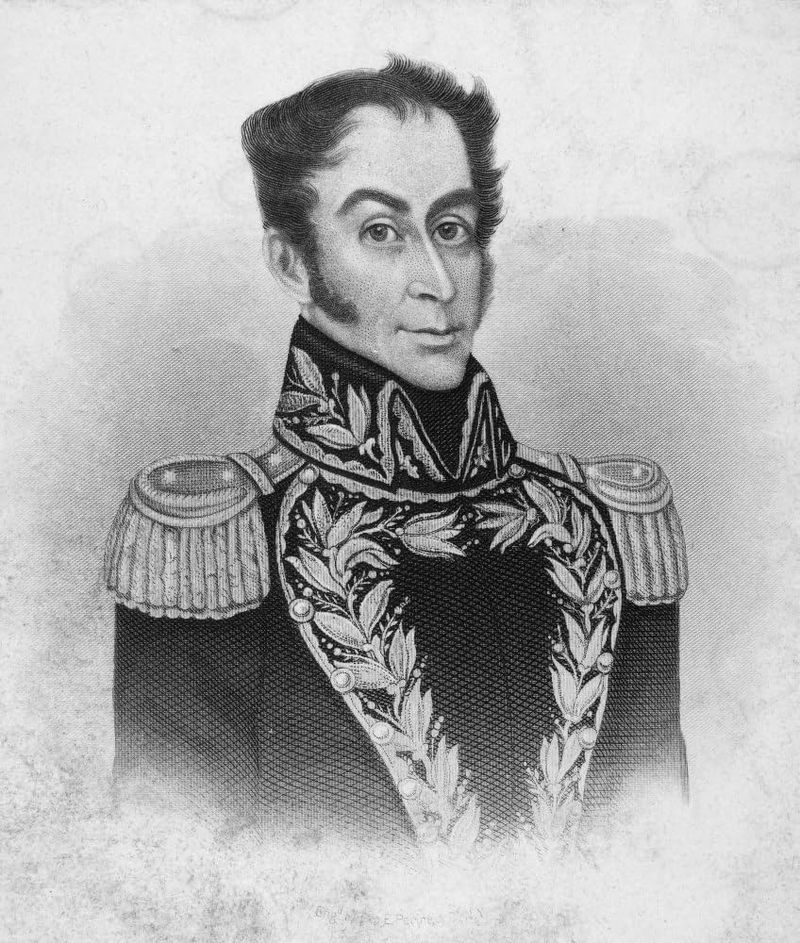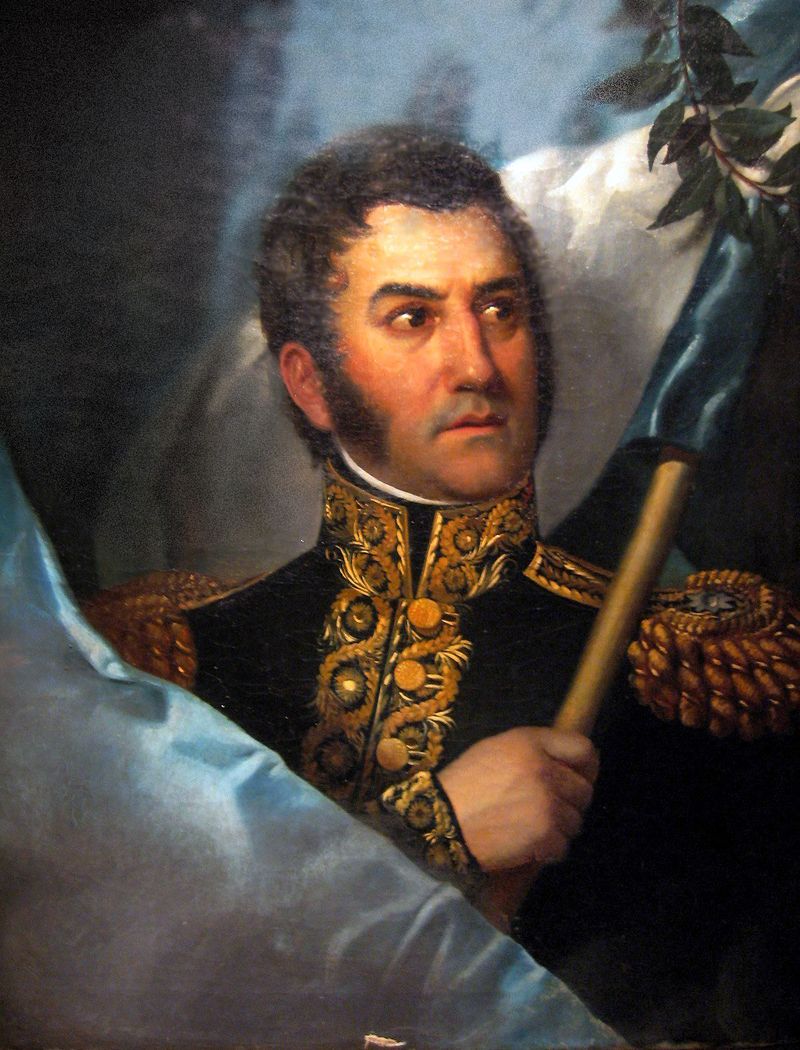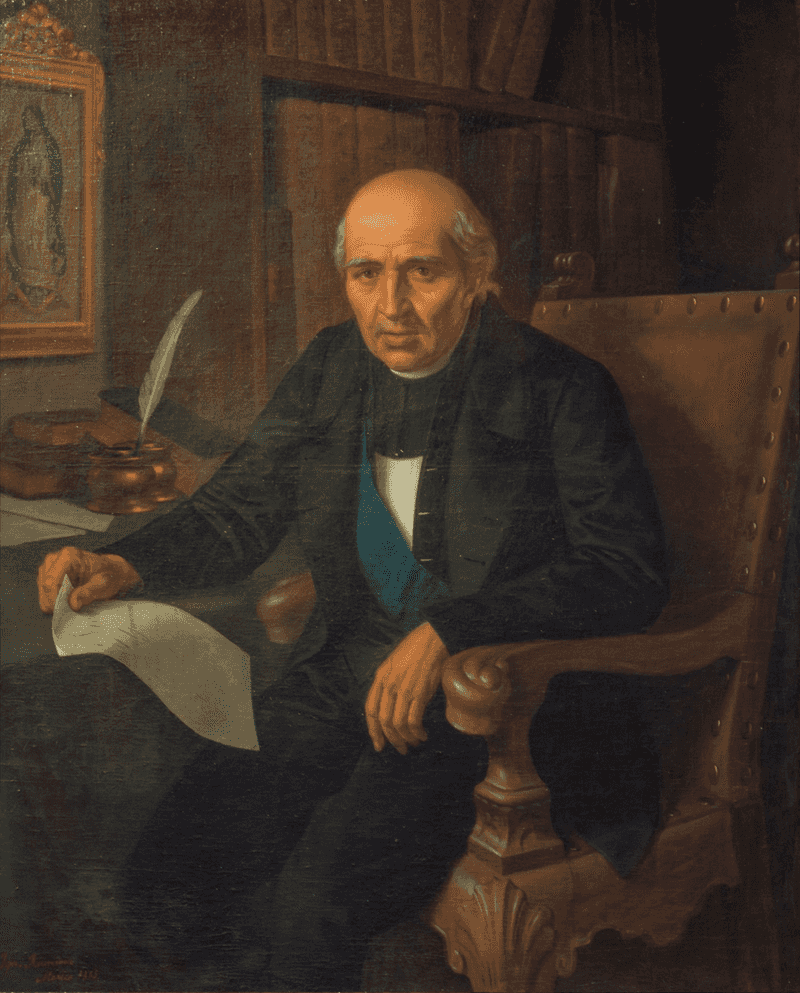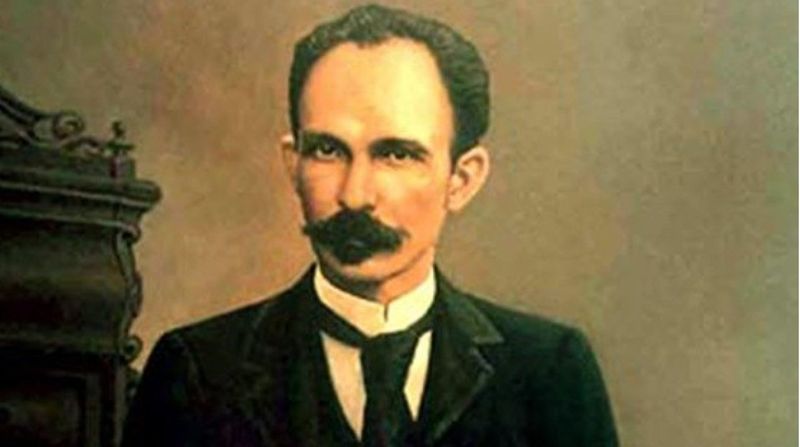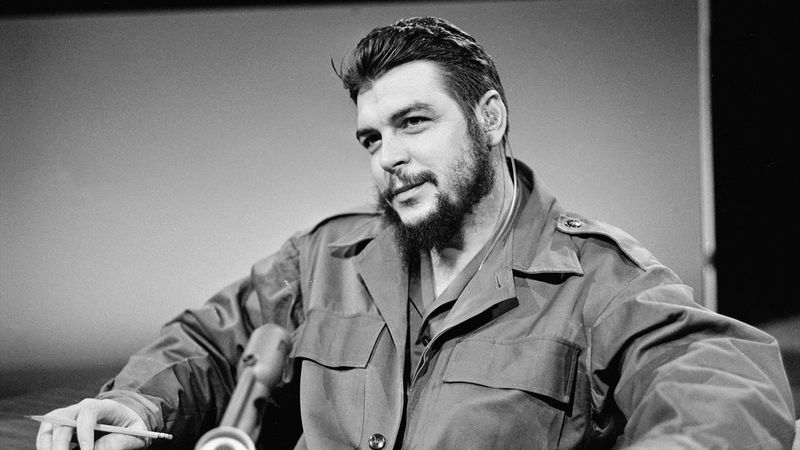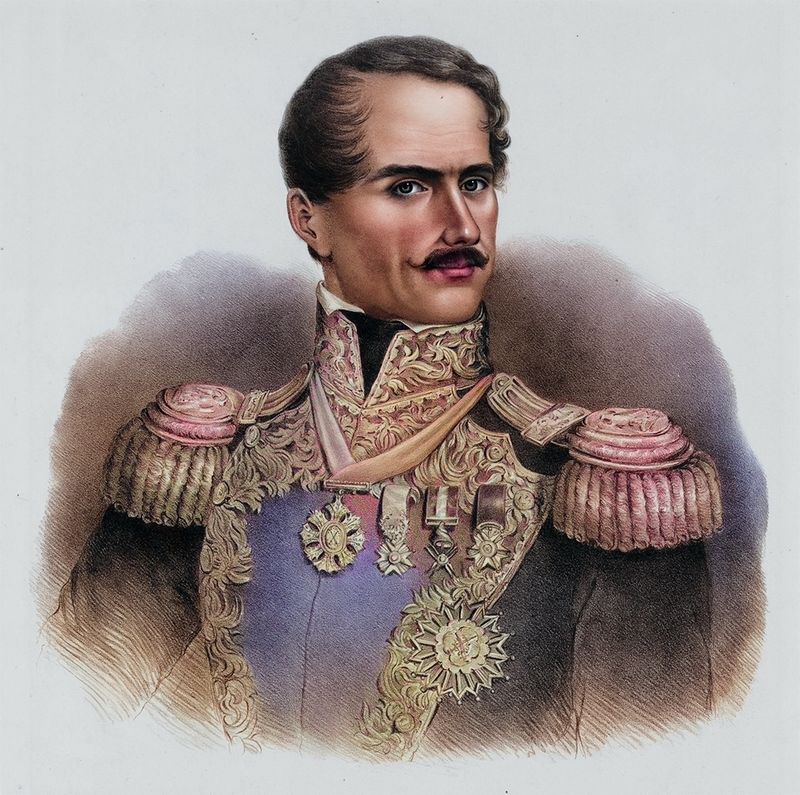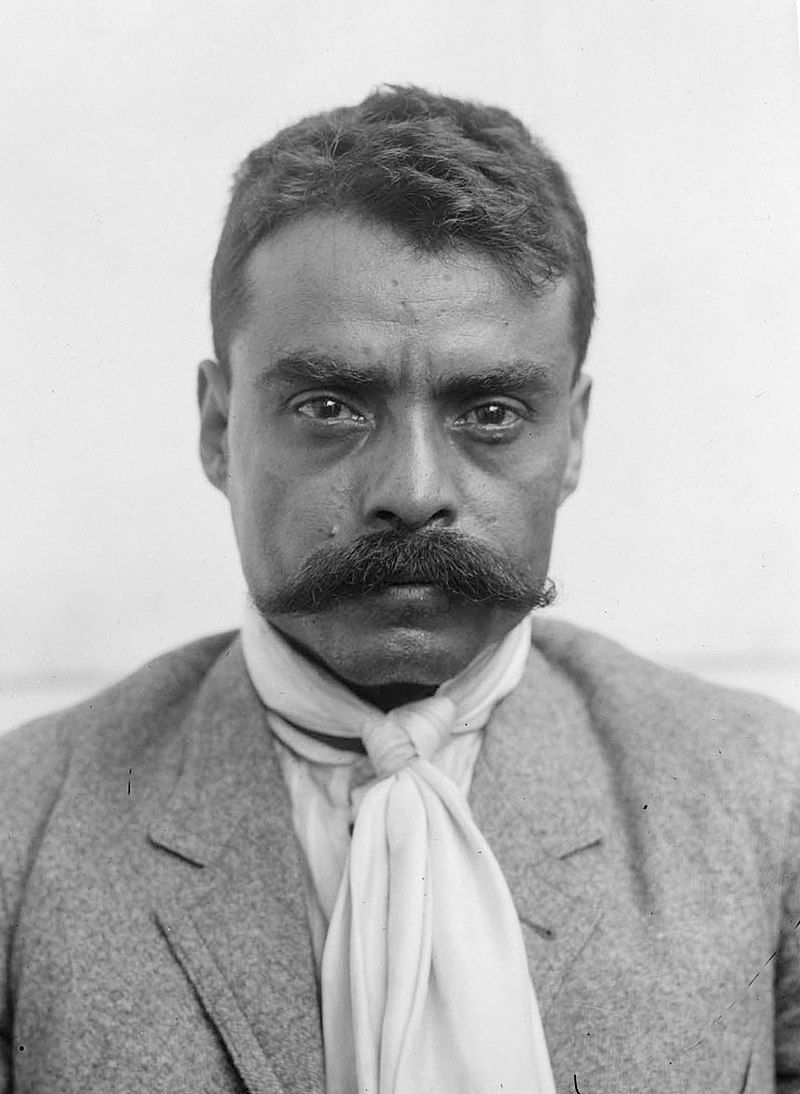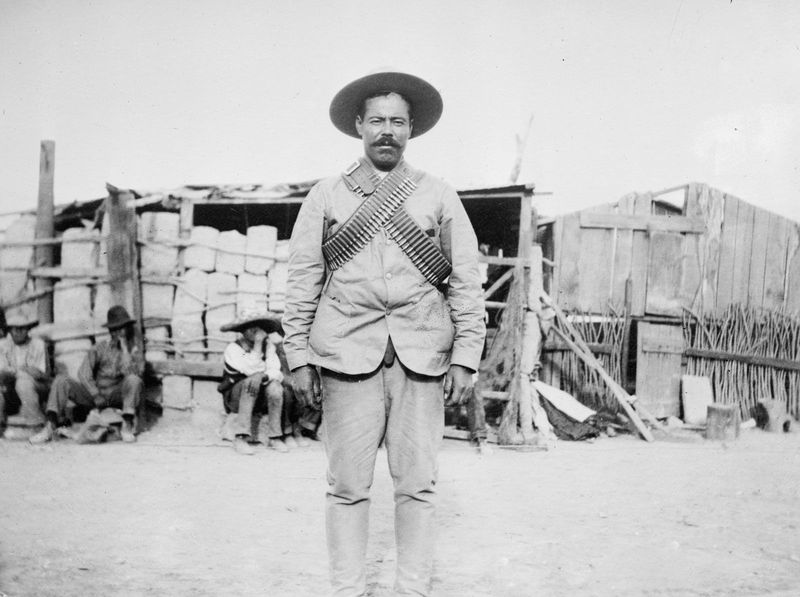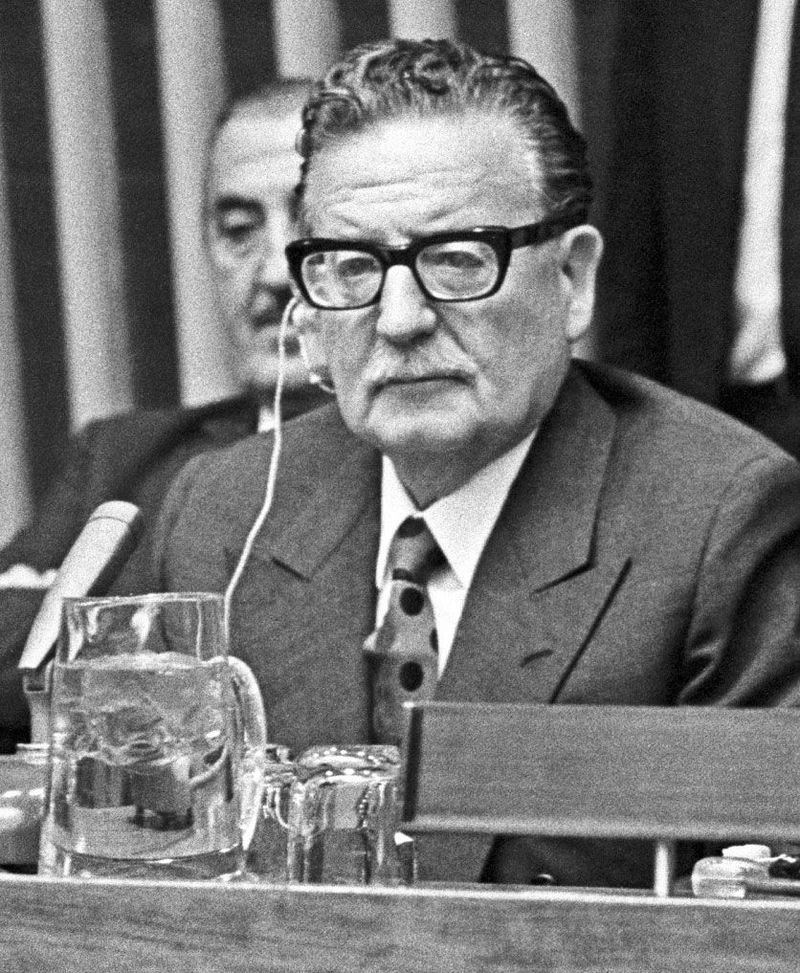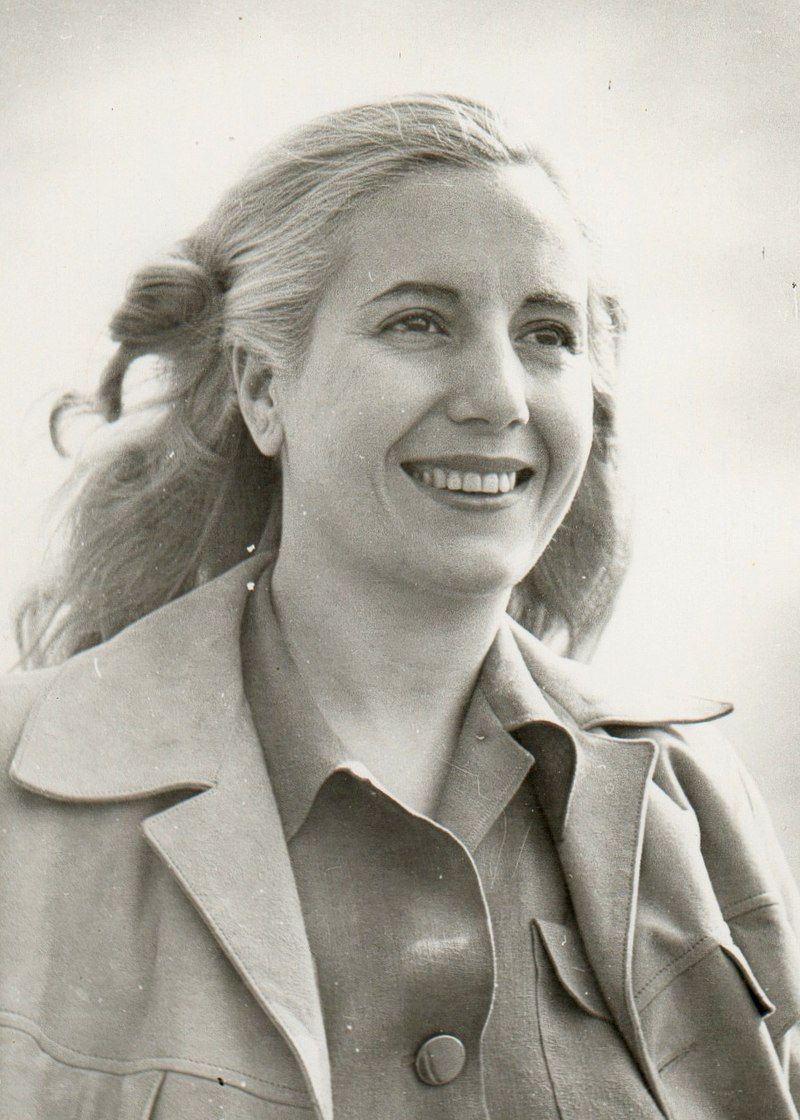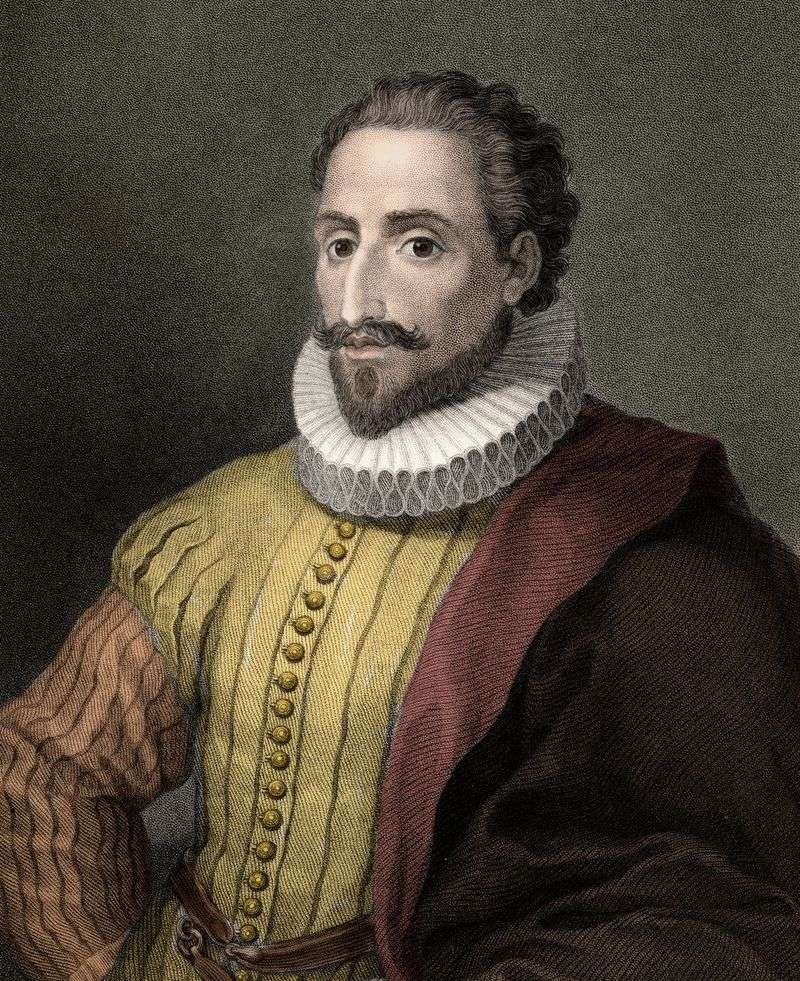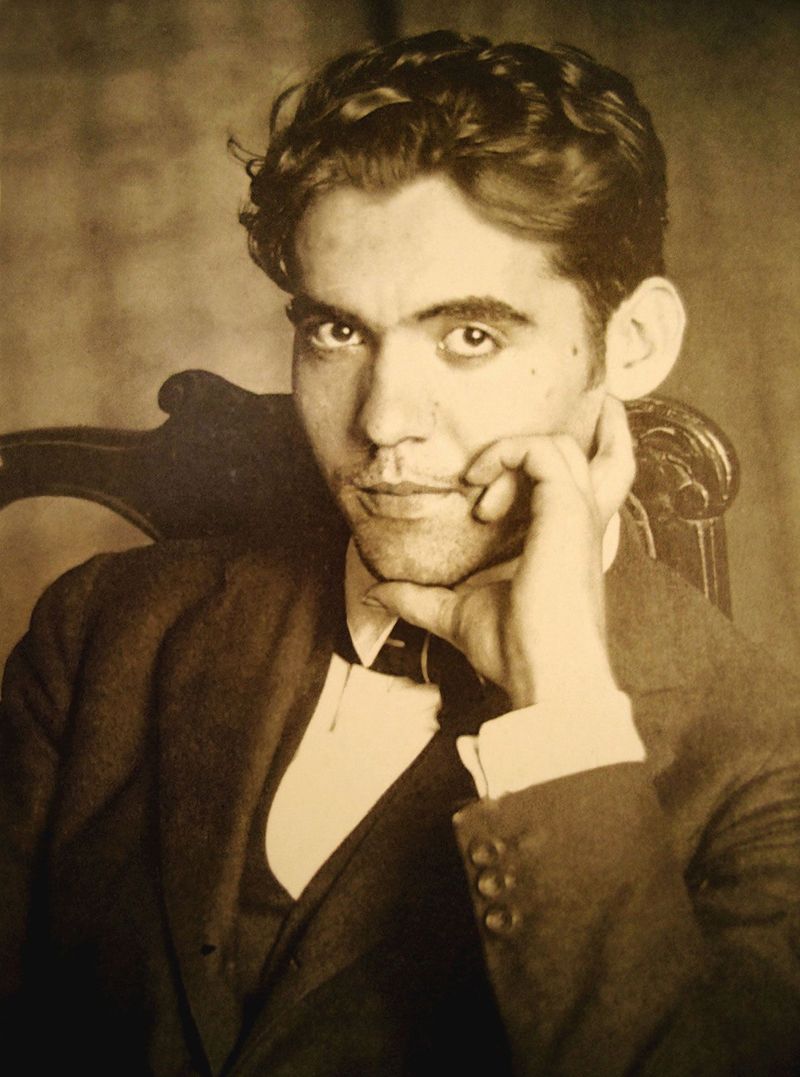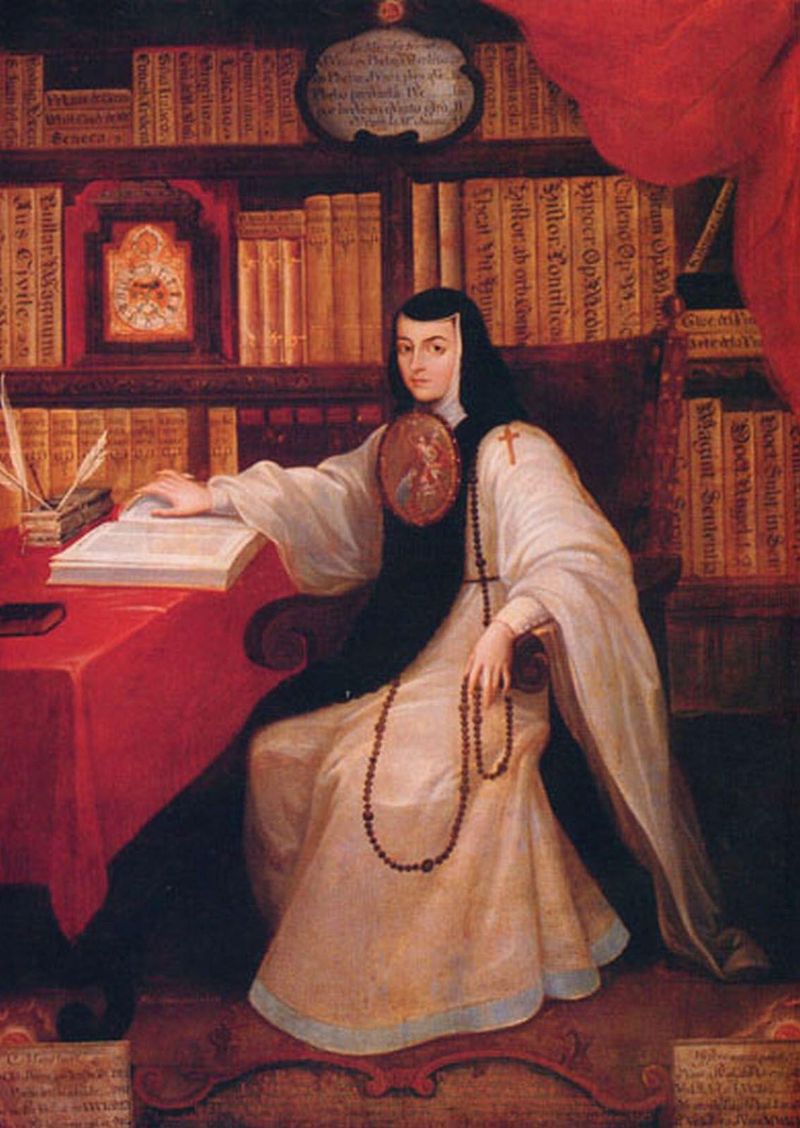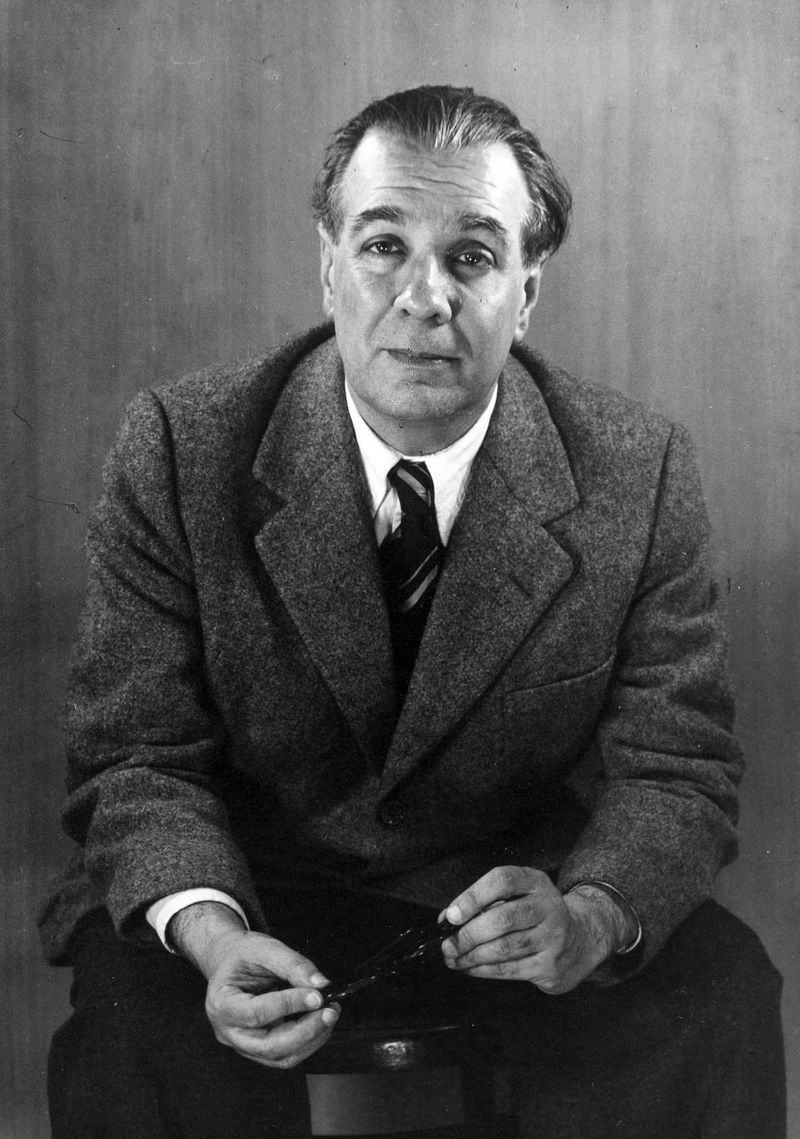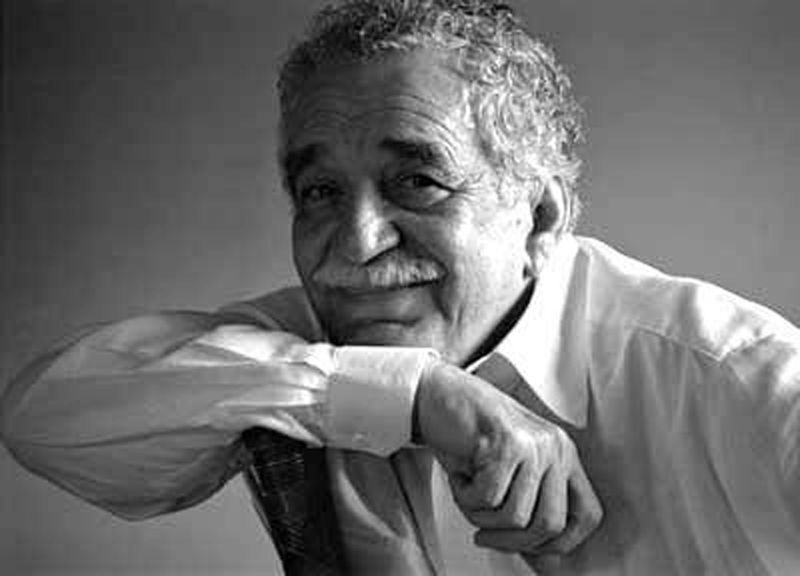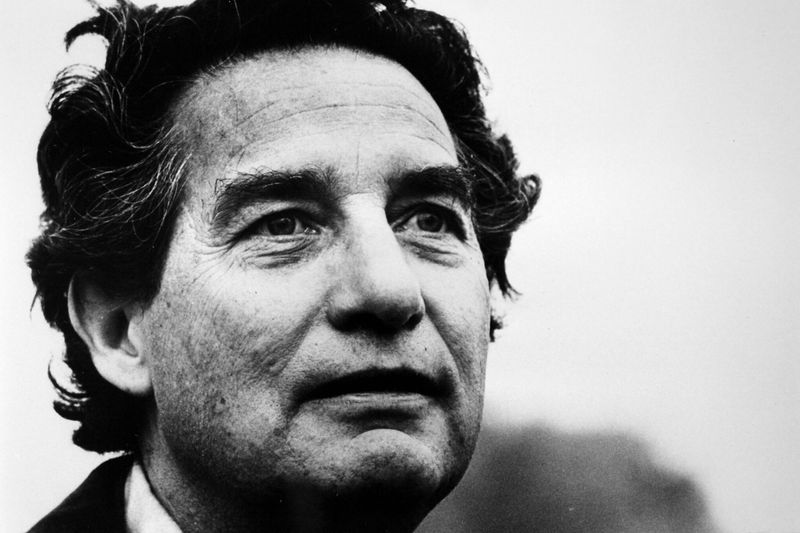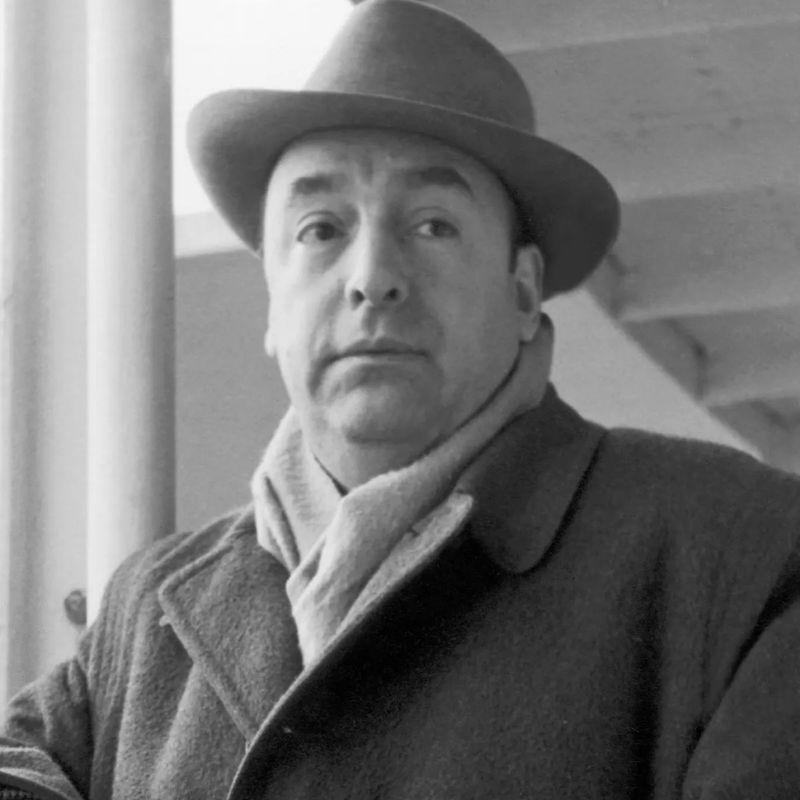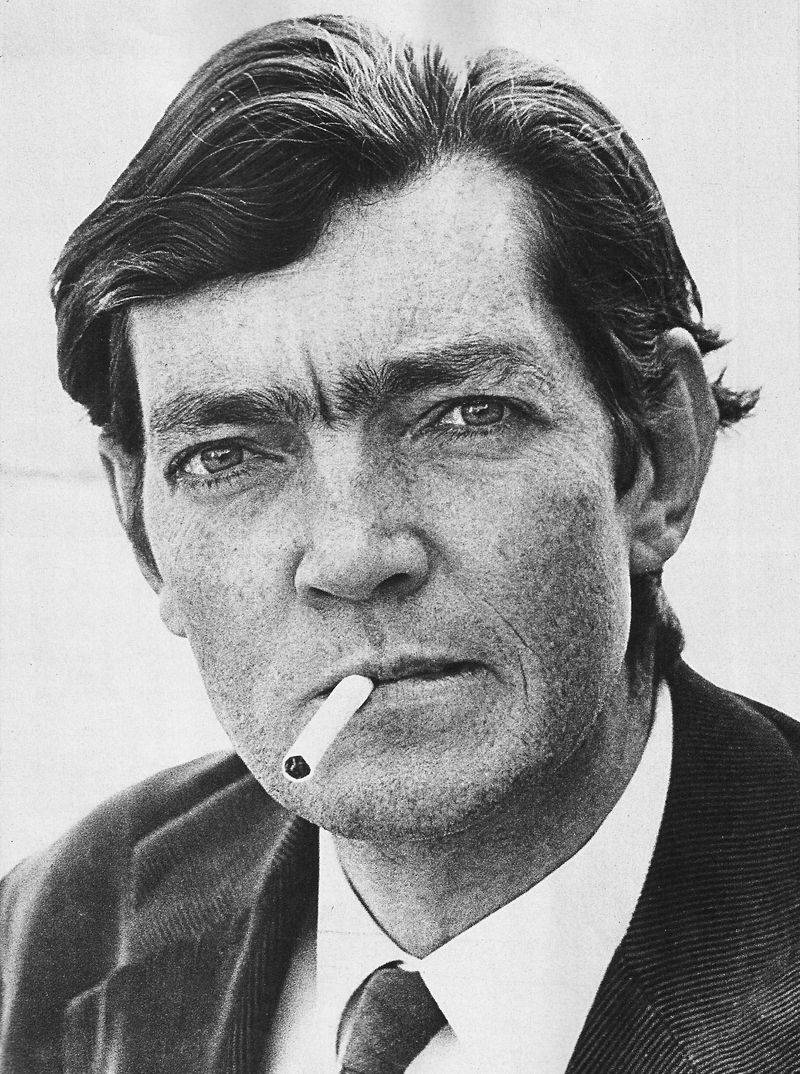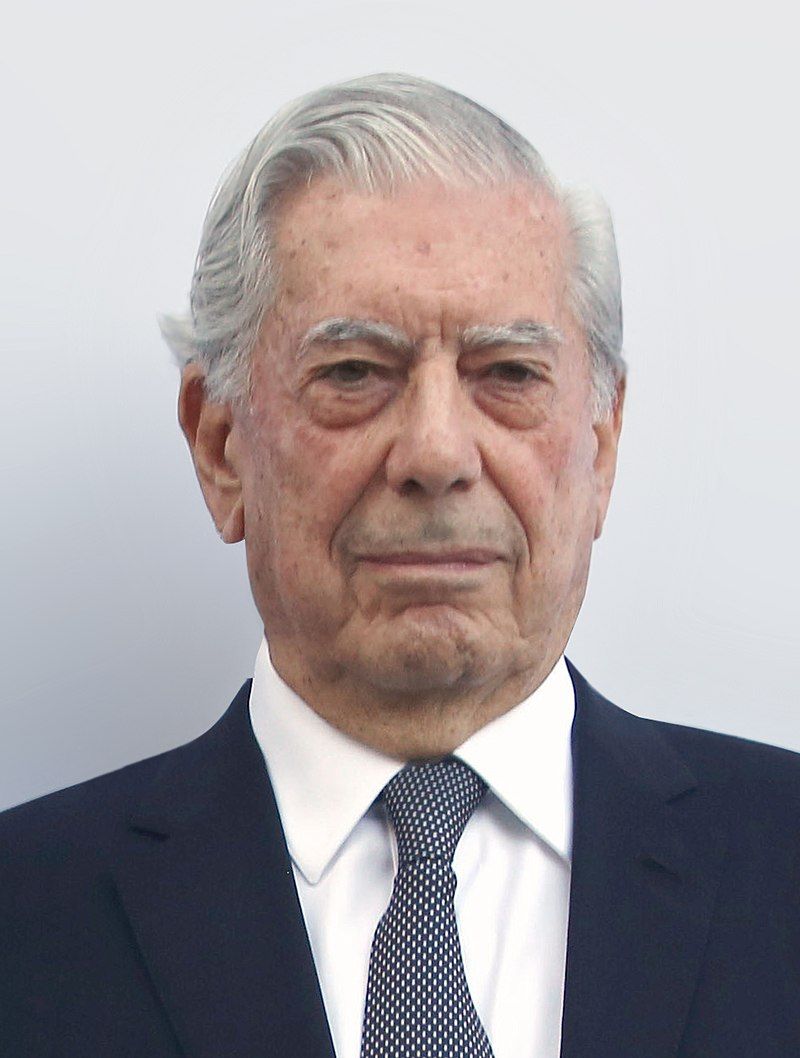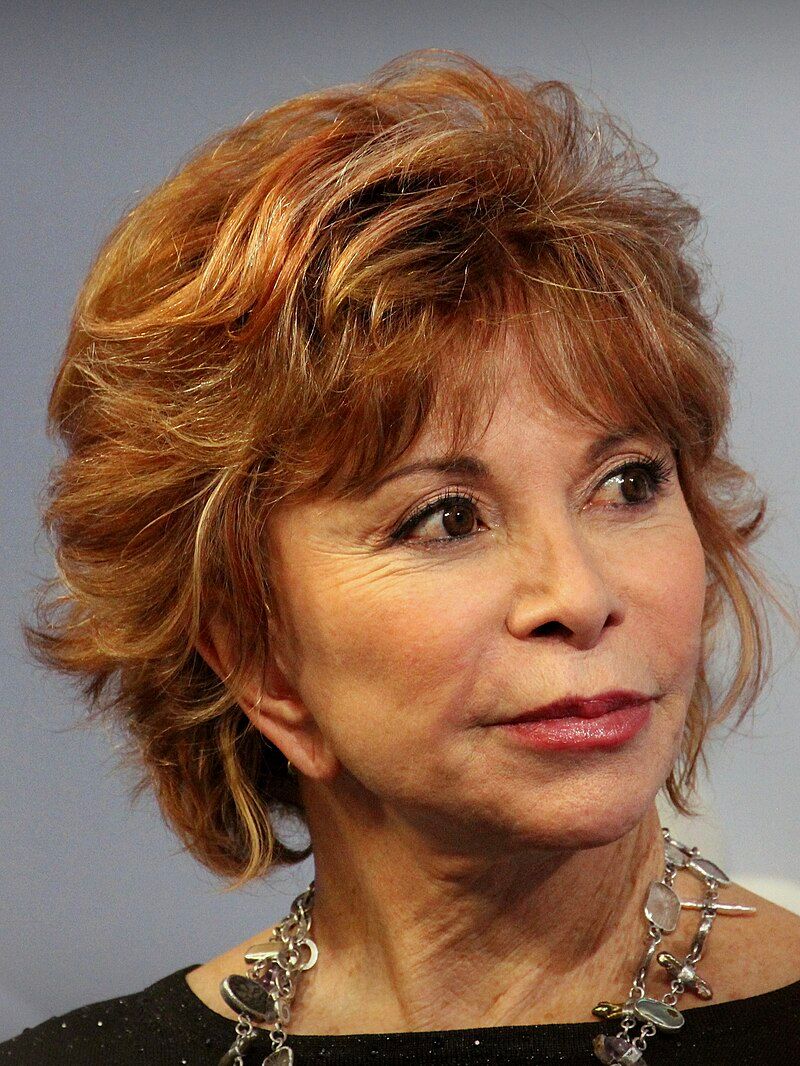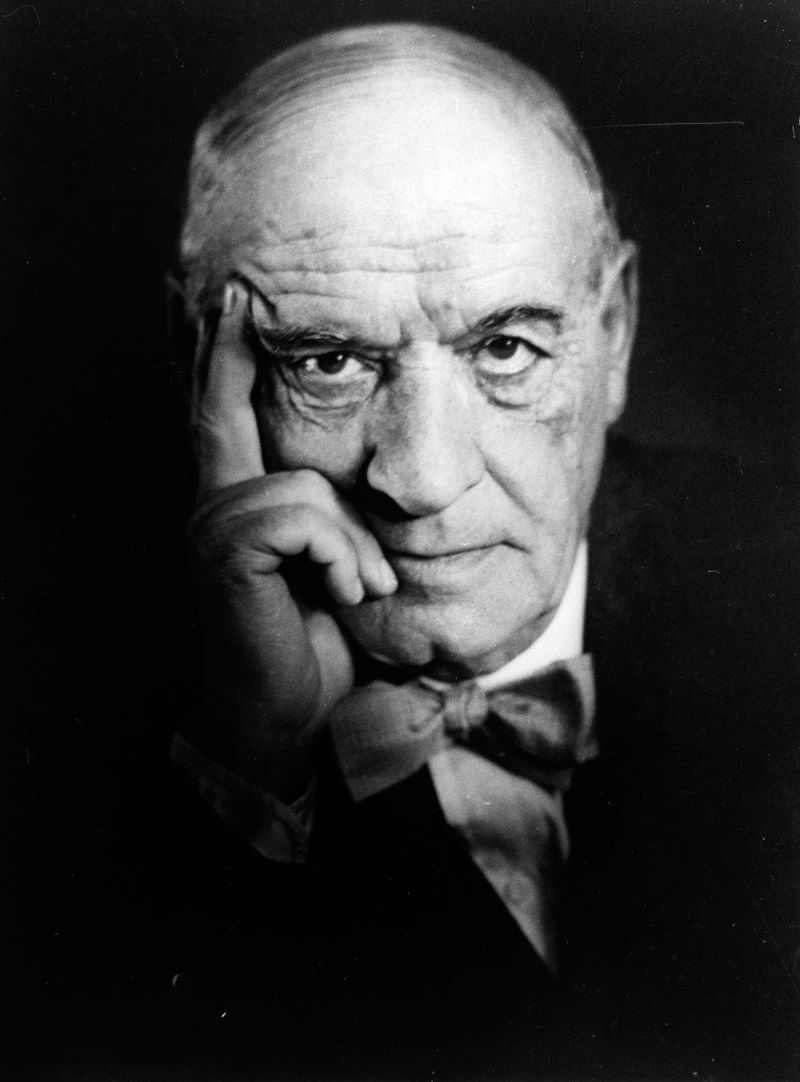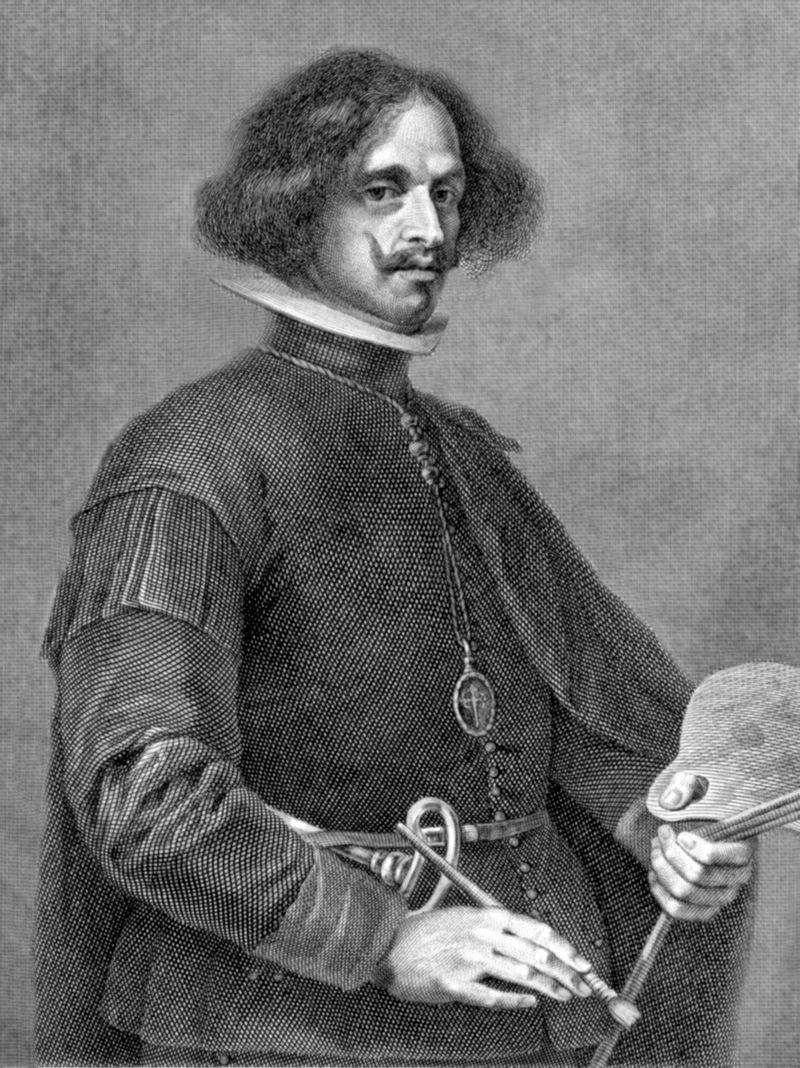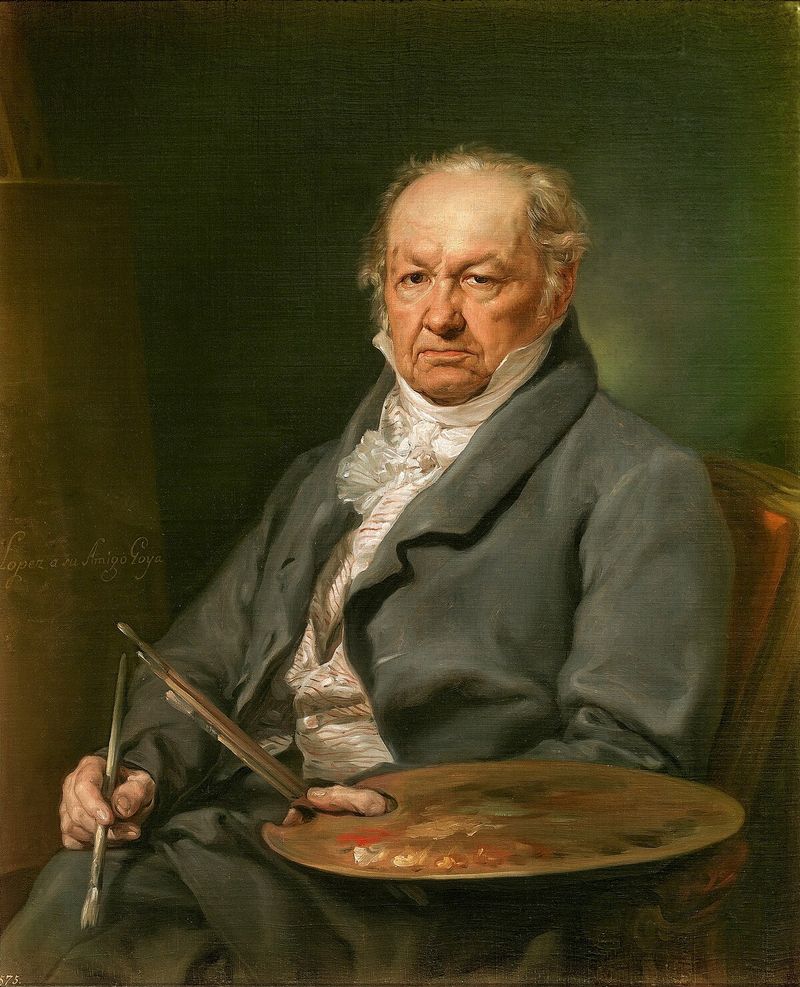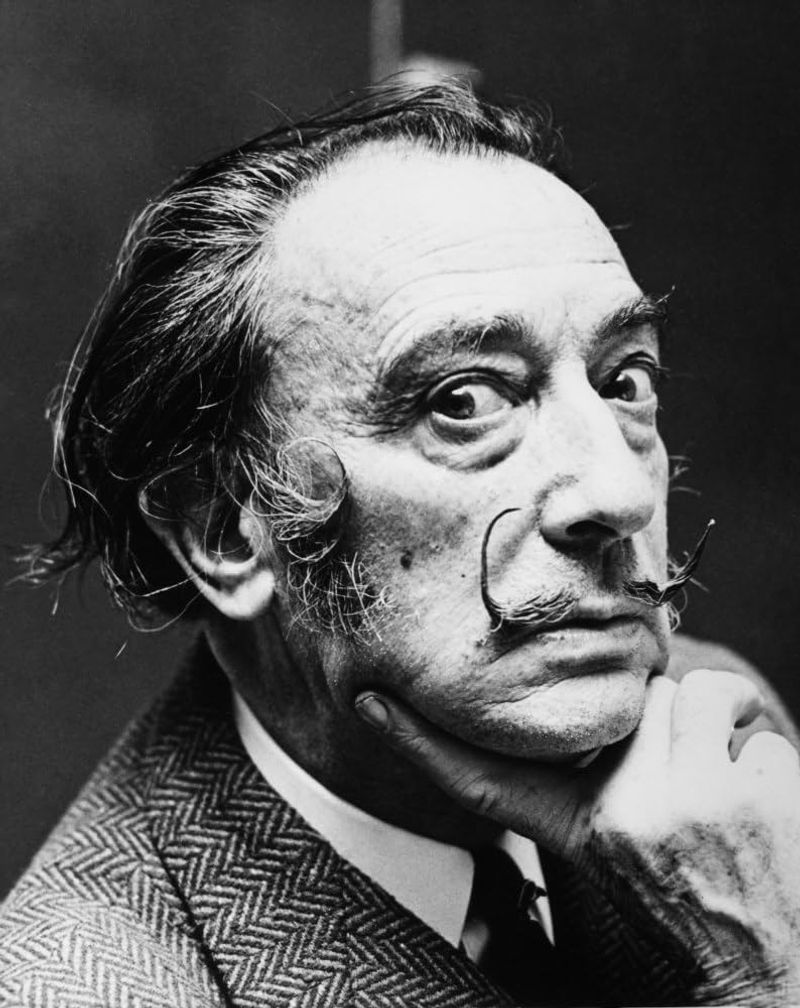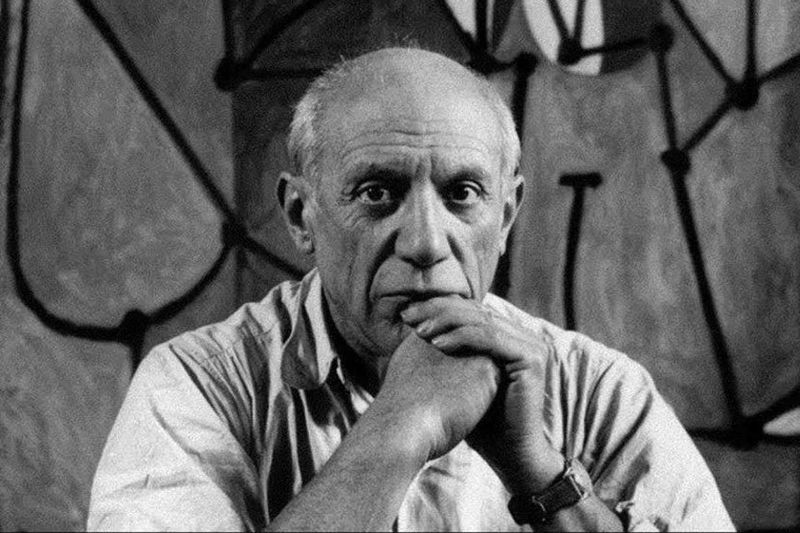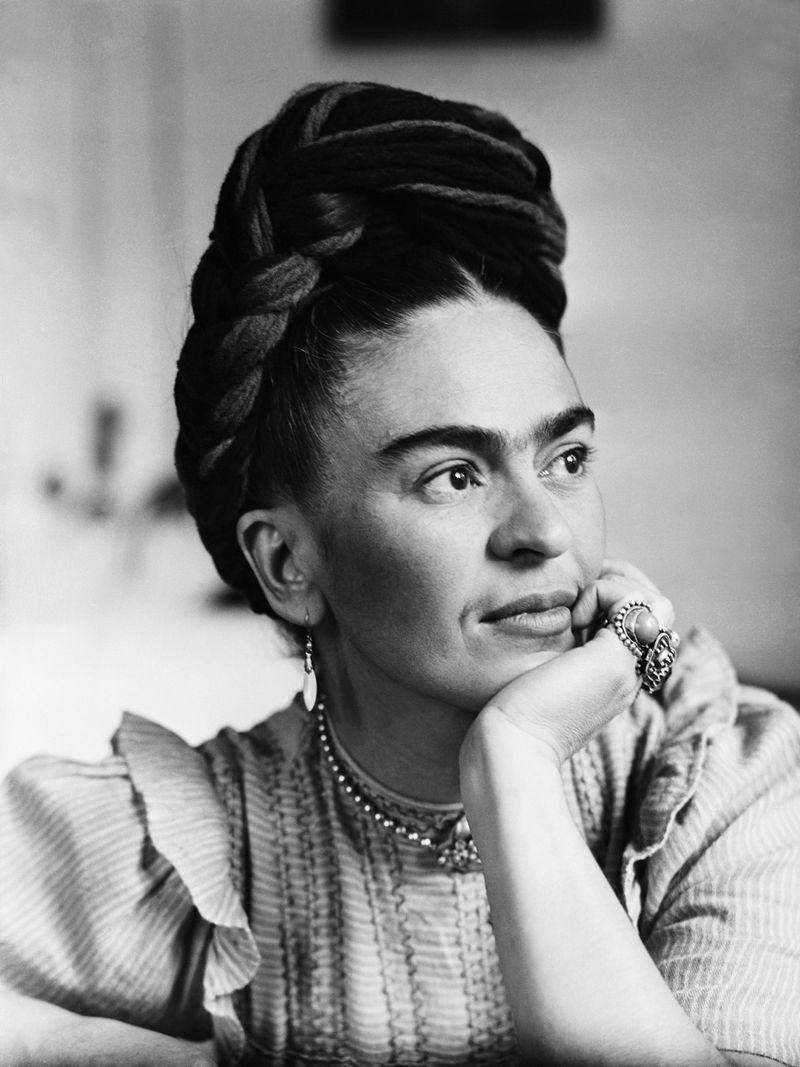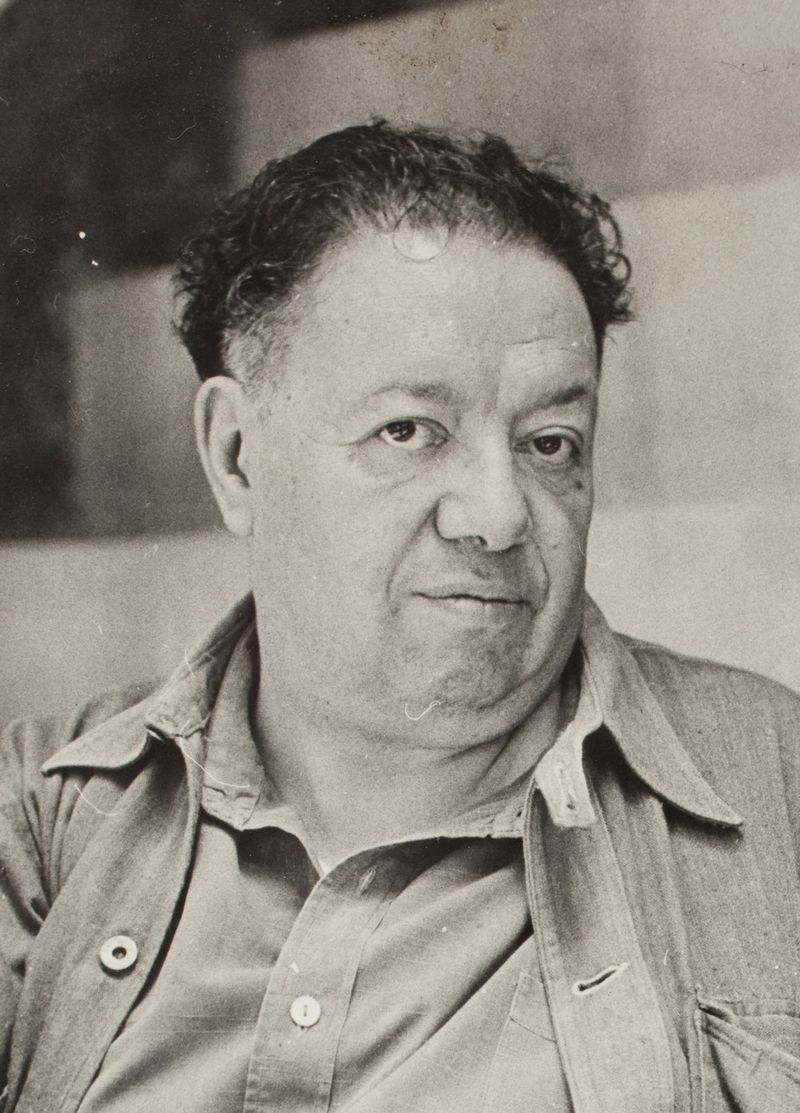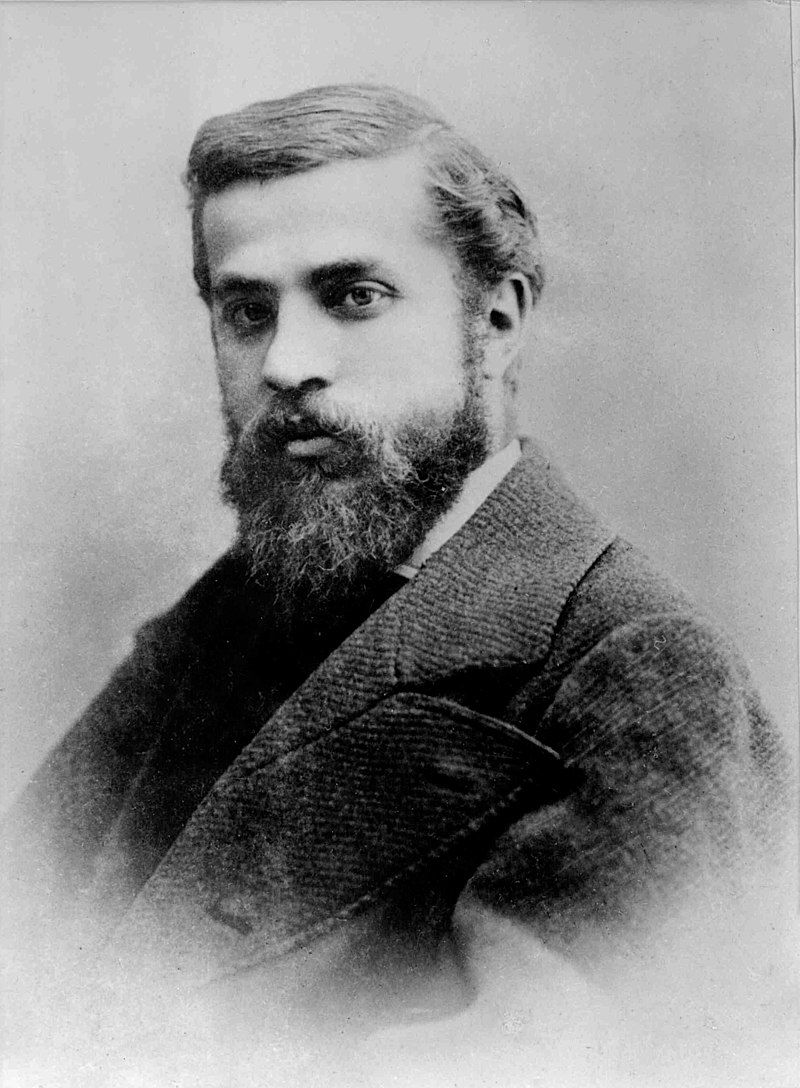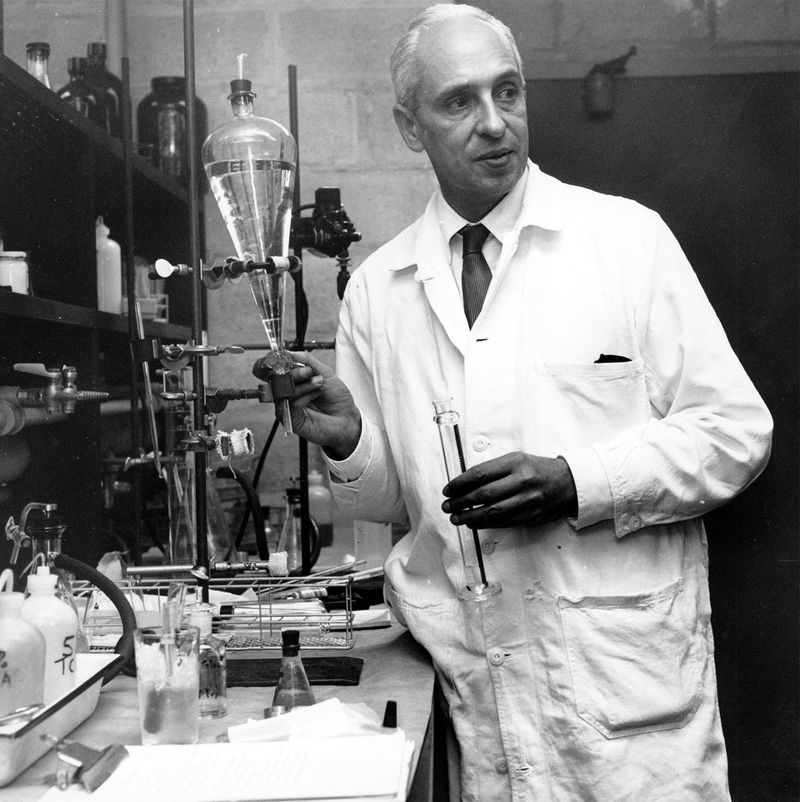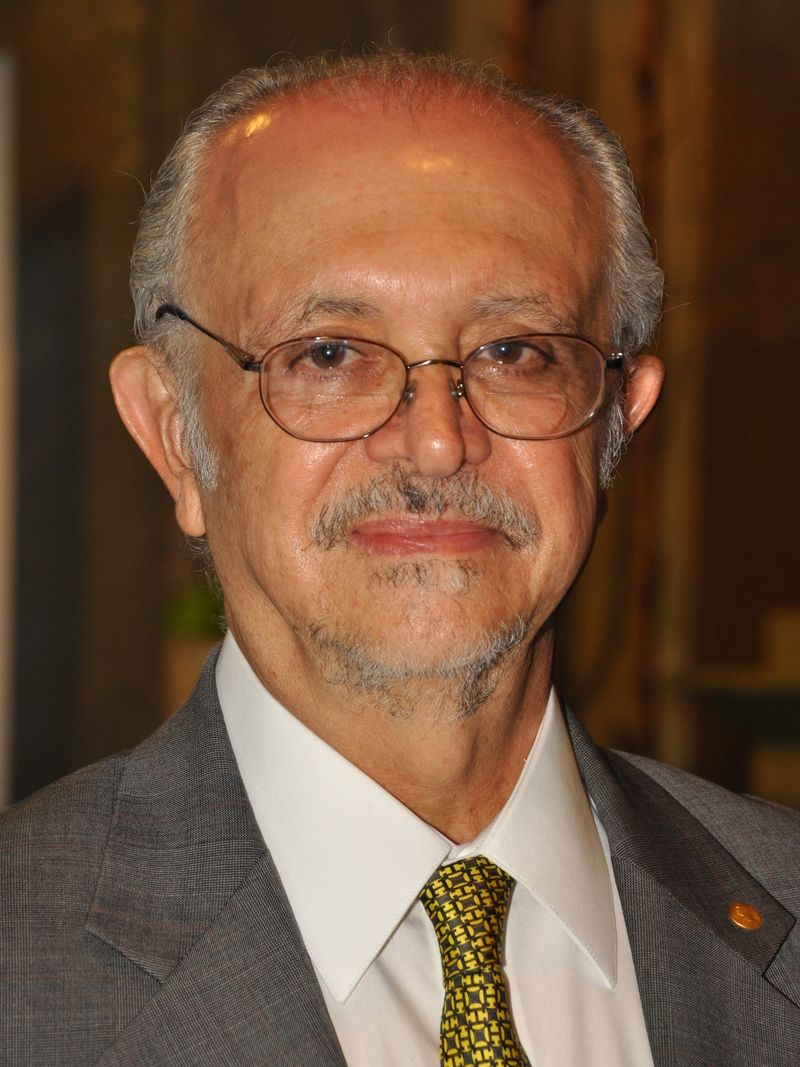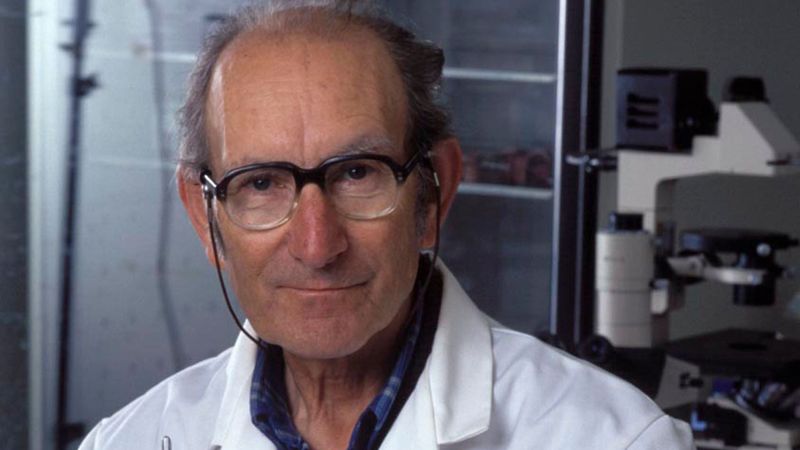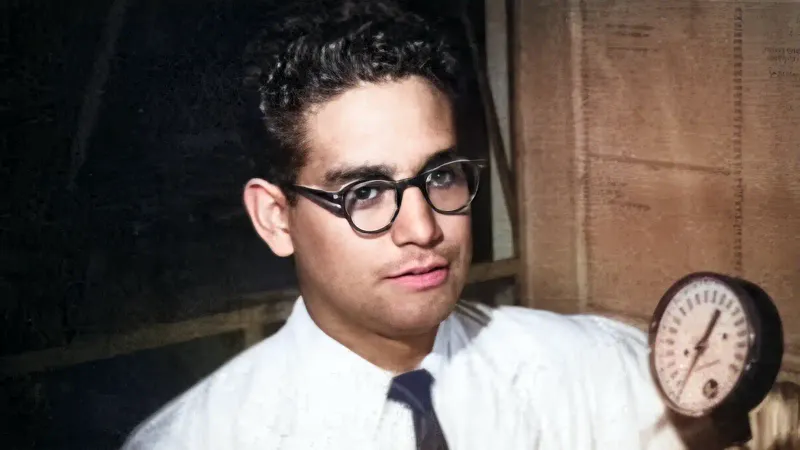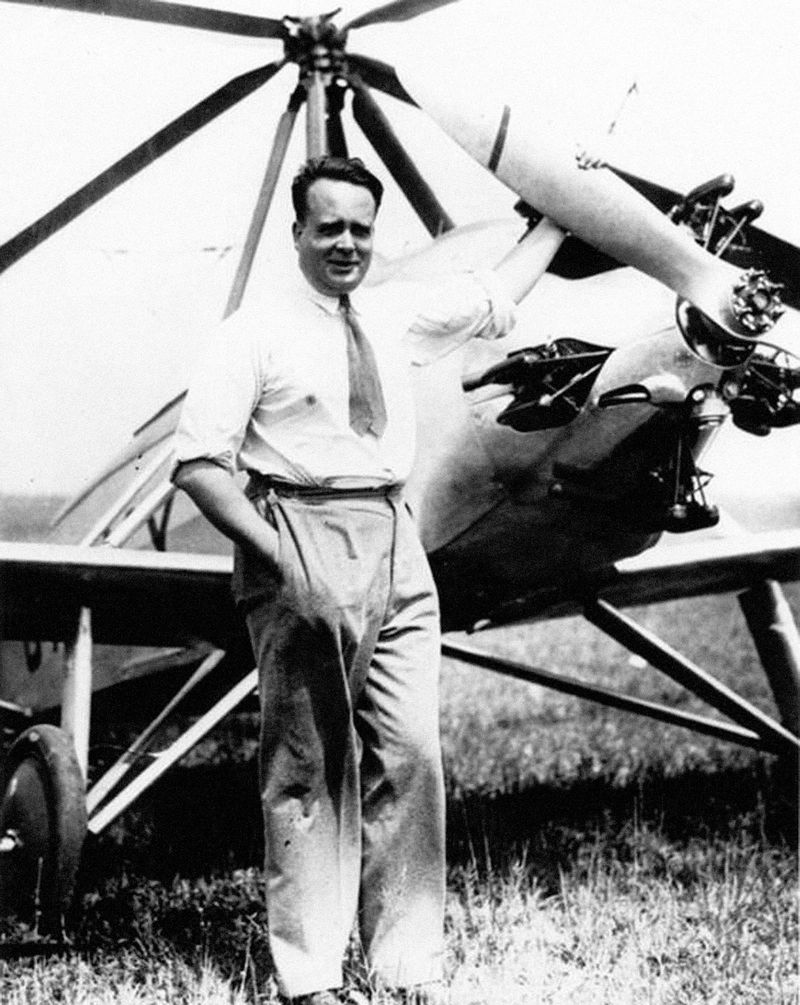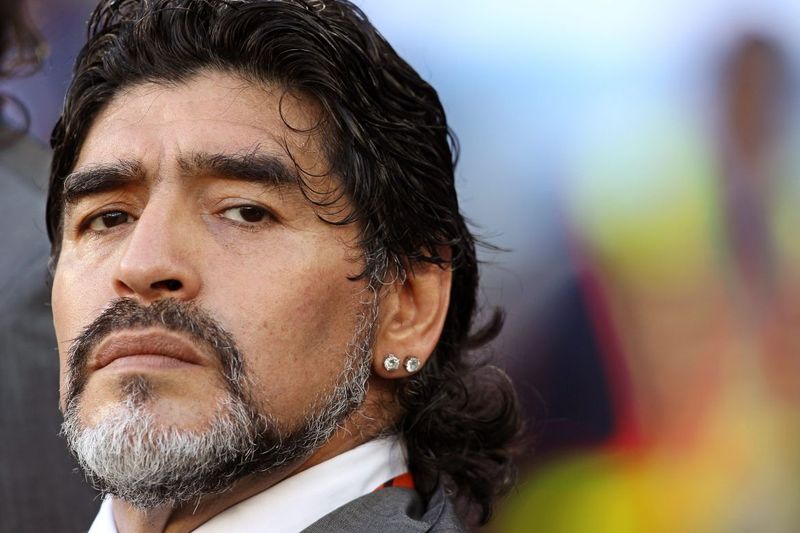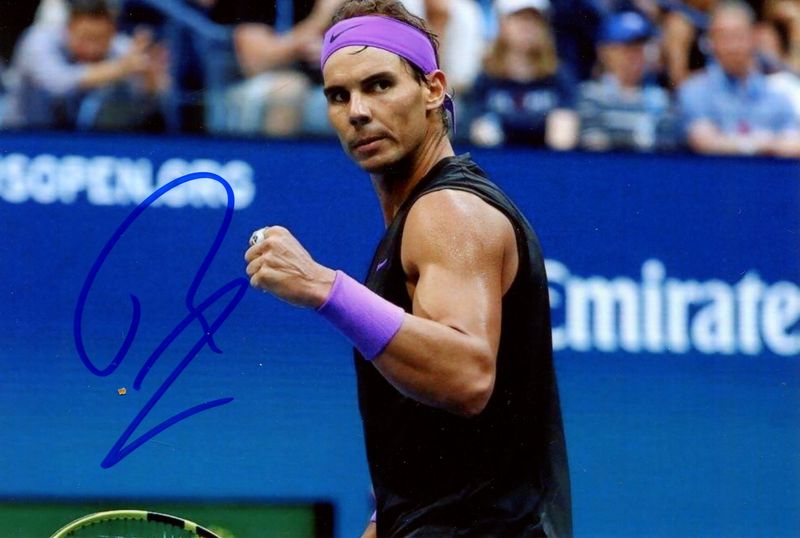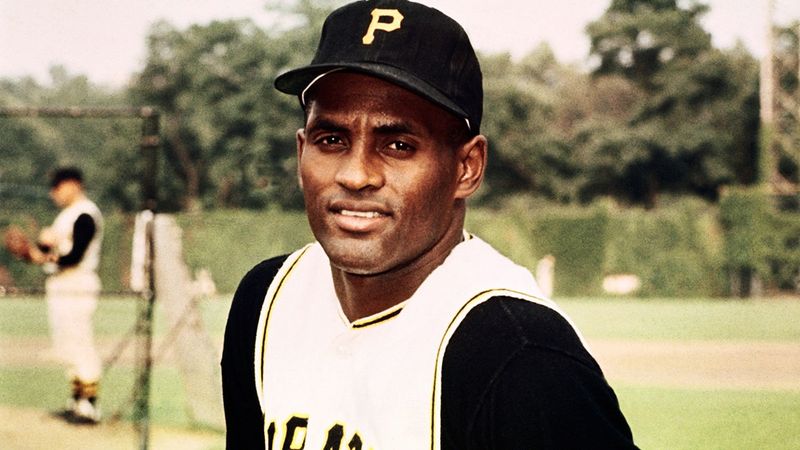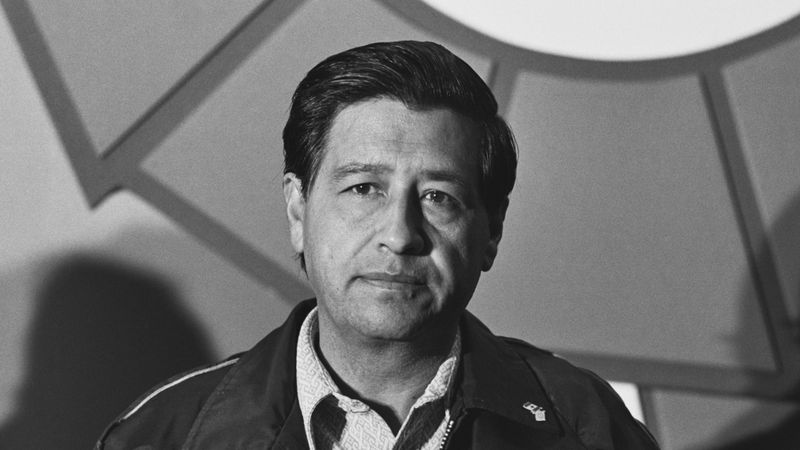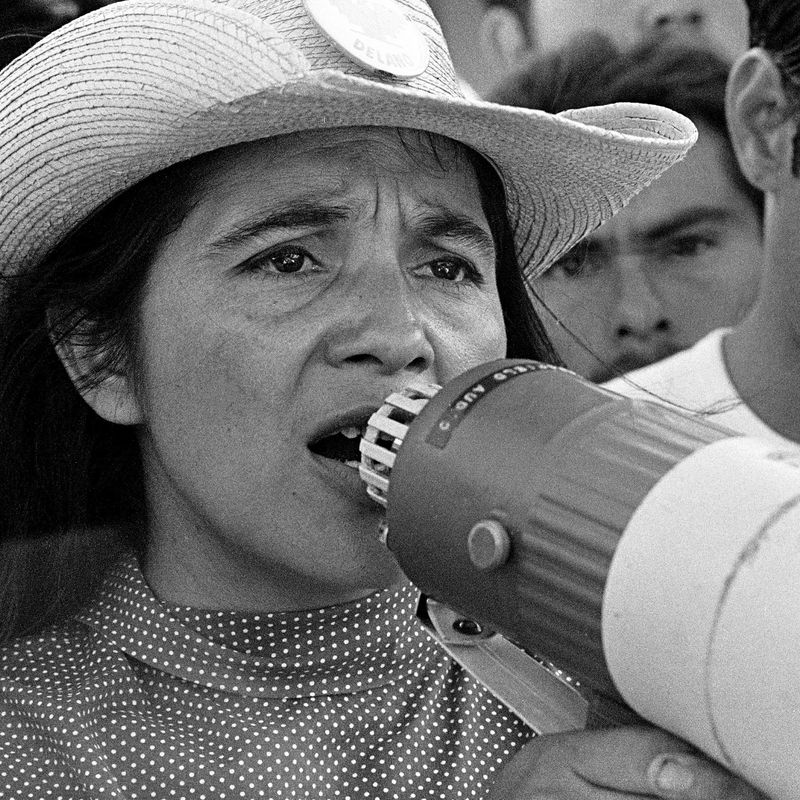The rich tapestry of Hispanic history is adorned with individuals who have significantly shaped the world.
From fearless explorers to revolutions’ architects, and luminary artists to scientific giants, these figures have left indelible marks on history.
This blog post presents fifty of the most influential Hispanic figures, celebrating their unique contributions to the world.
1. Christopher Columbus (1451–1506)
Christopher Columbus is a name synonymous with exploration. Born in Genoa, Italy, Columbus set sail under the Spanish crown, aiming to find a new route to Asia. Instead, he stumbled upon the Americas in 1492, an event that dramatically altered the course of history.
His voyages, though controversial, opened the New World to European exploration and colonization, which significantly impacted global trade, culture, and politics.
Columbus’s legacy is complex, marked by both the age of exploration he initiated and the severe consequences for indigenous populations.
Engaging debates continue about his role in history, yet his influence on global history remains undeniable.
2. Hernán Cortés (1485–1547)
Hernán Cortés is best known for his conquest of the Aztec Empire, a pivotal moment in history. Born in Medellín, Spain, Cortés embarked on an expedition to Mexico in 1519.
With a combination of alliances with local tribes and advanced weaponry, he succeeded in overthrowing the mighty Aztec Empire.
Cortés’s actions led to the Spanish colonization of Mexico and the vast expansion of the Spanish Empire. His legacy is contentious, as his campaigns were marked by significant bloodshed and the introduction of European diseases.
Despite the controversies, Cortés’s impact on the history of the Americas is profound, reshaping the cultural and political landscapes.
3. Francisco Pizarro (c. 1471–1541)
Francisco Pizarro, a Spanish conquistador, is renowned for his conquest of the Incan Empire. Born in Trujillo, Spain, Pizarro embarked on expeditions that led to the capture of the Incan ruler Atahualpa in 1532. His conquest resulted in significant Spanish influence in South America and the accumulation of immense wealth from the silver mines. However, his campaigns were brutal, involving warfare and subjugation of native populations. While Pizarro’s exploits expanded the Spanish Empire, they also brought irreversible changes to indigenous societies. His legacy is a mixture of exploration, conquest, and cultural transformation in the Americas.
4. Juan Ponce de León (c. 1474–1521)
Juan Ponce de León was a Spanish explorer and conquistador known for leading the first official European expedition to Florida. Born in Spain, he was a part of Christopher Columbus’s second expedition to the New World. In 1513, while searching for the mythical Fountain of Youth, he landed on the coast of what is now Florida, claiming it for Spain. Ponce de León’s expeditions contributed to the Spanish colonization of the Caribbean and parts of North America. Although he never found the Fountain of Youth, he is remembered for his explorations and the subsequent Spanish influence in the region.
5. Vasco Núñez de Balboa (c. 1475–1519)
Vasco Núñez de Balboa was a Spanish explorer and conquistador best known for crossing the Isthmus of Panama to the Pacific Ocean, becoming the first European to reach its shores. Born in Jerez de los Caballeros, Spain, Balboa established the first stable settlement on the South American continent at Darién. His discovery of the Pacific Ocean in 1513 opened new opportunities for trade and exploration. Balboa’s achievements laid the groundwork for future Spanish exploration and conquest, though his life ended tragically when he was executed on charges of treason. His legacy endures as a pioneering figure in the age of exploration.
6. Ferdinand Magellan (c. 1480–1521)
Ferdinand Magellan was a Portuguese explorer who led the first expedition to circumnavigate the globe. While he began his journey under the Spanish flag, his expedition bridged continents and vastly expanded the understanding of the world.
Magellan set sail in 1519 and discovered what is now known as the Strait of Magellan, a navigable sea route at the southern tip of South America.
Although Magellan himself did not complete the voyage—having been killed in the Philippines—his fleet continued and successfully circumnavigated the Earth.
This monumental journey forever altered humanity’s perception of the planet, cementing Magellan’s place in history.
7. Isabella I of Castile (1451–1504)
Isabella I of Castile, together with her husband Ferdinand II, united Spain and funded Columbus’s 1492 voyage. Her reign ushered in the Spanish Golden Age, marked by exploration, cultural flourishing, and religious reformation. Isabella was instrumental in the completion of the Reconquista, the reclaiming of the Iberian Peninsula from Muslim rule, and established the Spanish Inquisition. Her support of Columbus led to the discovery of the Americas, which expanded Spain’s global influence. Her legacy is a blend of religious fervor, imperial expansion, and cultural patronage, reflecting her profound impact on Spanish and world history.
8. Ferdinand II of Aragon (1452–1516)
Ferdinand II of Aragon, known as Ferdinand the Catholic, was a key figure in the unification of Spain and the expansion of its empire. With his marriage to Isabella I of Castile, he unified Spain’s largest kingdoms, setting the stage for a powerful Spanish state. Together, they completed the Reconquista and sponsored the voyages of Columbus, which opened new worlds to Spain. Ferdinand’s reign saw the strengthening of the Spanish monarchy and international influence. His contributions to Spanish unity and exploration have left a lasting legacy, although his reign is also marked by the controversial Spanish Inquisition.
9. Philip II of Spain (1527–1598)
Philip II of Spain, the Prudent, reigned during Spain’s height of power, overseeing vast territories across Europe, the Americas, and Asia. His rule marked the apex of Spain’s Golden Age, characterized by cultural and artistic flourishing. Philip’s reign saw the expansion of Spain’s empire and its dominance as a world power, but also faced challenges like the Spanish Armada’s defeat. He centralized power, focused on Catholicism, and built the Escorial, a symbol of Spain’s might. Though his reign had successes, it also included significant military and economic challenges, shaping the future of Spain and its global influence.
10. Simón Bolívar (1783–1830)
Simón Bolívar, known as El Libertador, was a revolutionary leader who played a vital role in Latin America’s independence from Spanish rule. Born in Caracas, Venezuela, Bolívar led military campaigns that liberated several South American countries. His vision of a united Latin America was partially realized through the creation of Gran Colombia. Bolívar’s dedication to freedom and equality made him a national hero, though he faced significant political challenges. His legacy as a liberator and visionary leader endures, inspiring future generations to pursue independence and unity in the region.
11. José de San Martín (1778–1850)
José de San Martín is celebrated as a liberator of Argentina, Chile, and Peru. Born in Yapeyú, Argentina, his military leadership was crucial in the fight against Spanish colonial rule. San Martín organized the Army of the Andes, leading the famous crossing of the Andes to liberate Chile. His collaboration with Simón Bolívar was pivotal in securing independence for South American nations. Despite political challenges, San Martín’s commitment to freedom and justice has left an enduring mark on the history of Latin America. His legacy as a strategic leader and liberator is celebrated across the continent.
12. Miguel Hidalgo y Costilla (1753–1811)
Miguel Hidalgo y Costilla, known as the Father of Mexican Independence, played a crucial role in igniting the Mexican War of Independence against Spanish rule. Born in Pénjamo, Mexico, Hidalgo was a Catholic priest with a passion for social reform. In 1810, he issued the Grito de Dolores, calling for Mexican independence, equality, and the end of Spanish tyranny. His movement galvanized the people, though he was eventually captured and executed. Hidalgo’s legacy as a revolutionary leader endures in Mexico, where he is celebrated as a national hero who paved the way for an independent nation.
13. José Martí (1853–1895)
José Martí is revered as a Cuban national hero and an influential figure in Latin American literature. Born in Havana, Martí was a passionate advocate for Cuban independence from Spanish colonial rule. His writings, filled with themes of freedom and justice, inspired many in the struggle for independence. Martí’s leadership and vision were central to the Cuban Revolutionary Party, culminating in the Cuban War of Independence. Though he died in battle, Martí’s ideals live on, and he is celebrated as a martyr for Cuban independence, symbolizing the enduring fight for freedom and justice.
14. Che Guevara (1928–1967)
Che Guevara remains an iconic figure in the history of revolution and guerrilla warfare. Born in Argentina, Guevara was a physician turned Marxist revolutionary who played a significant role in the Cuban Revolution. Collaborating with Fidel Castro, he helped overthrow the Batista regime, promoting socialist reforms. Guevara’s ideals of international revolution led him to other countries, where he sought to inspire similar uprisings. Despite his controversial methods and eventual execution in Bolivia, Che’s image as a symbol of rebellion and anti-imperialism endures, inspiring movements for social justice across the globe.
15. Antonio López de Santa Anna (1794–1876)
Antonio López de Santa Anna was a prominent Mexican military leader and politician, known for his pivotal role in the country’s history during the 19th century. Born in Xalapa, Mexico, Santa Anna served as president multiple times. He played a key role in the Mexican-American War and the Texas Revolution, where he led Mexican forces at the Battle of the Alamo. His career was marked by alternating periods of power and exile. Santa Anna’s legacy is complex, reflecting both his military talents and controversial political decisions, which continue to influence Mexican history and identity.
16. Emiliano Zapata (1879–1919)
Emiliano Zapata, a central figure in the Mexican Revolution, is remembered for his dedication to agrarian reform and social justice. Born in Anenecuilco, Mexico, Zapata led the Liberation Army of the South. His Plan of Ayala called for land reforms and the return of lands to indigenous communities, challenging the existing social order. Zapata’s leadership inspired many to join the revolutionary cause. Though he was assassinated in 1919, Zapata’s legacy as a champion of the oppressed and a symbol of resistance against exploitation remains influential in Mexico and beyond.
17. Pancho Villa (1878–1923)
Pancho Villa, a famed Mexican revolutionary general, played a crucial role in the Mexican Revolution. Born in Durango, Mexico, Villa led the Division of the North, becoming a folk hero and symbol of the revolutionary struggle. He advocated for agrarian reform and sought to improve the lives of Mexico’s peasants. Villa’s tactical brilliance and charismatic leadership made him a formidable force against the established regime. Despite his controversial actions, Villa remains a celebrated figure in Mexican history, his legacy intertwined with the fight for social justice and the empowerment of the disenfranchised.
18. Fidel Castro (1926–2016)
Fidel Castro, a towering figure in Cuban history, led the Cuban Revolution, overthrowing the Batista dictatorship in 1959. Born in Birán, Cuba, Castro established a socialist state that profoundly impacted Cuban society. His governance transformed Cuba into a one-party communist state, implementing widespread reforms in education, healthcare, and land distribution. Castro’s anti-imperialist stance and defiance of the United States made him a prominent global figure. While his leadership is debated, Castro’s influence on Cuba’s identity and his role in global politics during the Cold War era remains significant, marking him as a key figure in 20th-century history.
19. Salvador Allende (1908–1973)
Salvador Allende, a significant figure in Chile’s history, became the first democratically elected Marxist president in Latin America. Born in Valparaíso, Chile, his presidency introduced socialist policies aimed at reducing inequality. Allende’s government focused on nationalizing industries and implementing social reforms, but faced fierce opposition from both domestic and international forces, leading to a military coup. His untimely death marked a turning point in Chile’s history, but Allende’s vision for social justice and equality continues to inspire political movements across Latin America.
20. Juan Perón (1895–1974)
Juan Perón, an influential Argentine leader, served as President three times, shaping the country’s political landscape. Born in Lobos, Argentina, Perón’s leadership style, known as Peronism, emphasized social justice and economic nationalism. His policies focused on expanding labor rights and social welfare, gaining him substantial support among the working class. However, his presidency faced criticism for authoritarian tendencies and economic challenges. Perón’s complex legacy continues to influence Argentine politics, and his vision of a just society retains significant support, reflecting the enduring impact of his leadership.
21. Eva Perón (1919–1952)
Eva Perón, affectionately known as Evita, remains an iconic figure in Argentina’s history. Born in Los Toldos, Argentina, she rose from humble beginnings to become the First Lady, alongside her husband, Juan Perón. Evita championed labor rights, women’s suffrage, and social welfare programs, winning the adoration of the working class. Her passionate advocacy for the poor and disenfranchised made her a beloved national figure. Though her life was cut short by illness, Eva Perón’s legacy endures, continuing to inspire generations with her dedication to social justice and equality.
22. Miguel de Cervantes (1547–1616)
Miguel de Cervantes, the acclaimed author of Don Quixote, is a towering figure in world literature. Born in Alcalá de Henares, Spain, Cervantes’s masterpiece is considered one of the greatest works of fiction, laying the groundwork for modern novels. His rich depictions of human nature and satire of chivalric traditions have resonated through centuries. Despite his literary success, Cervantes faced financial struggles throughout his life. His influence on storytelling and characterization is profound, cementing his place as a literary giant whose works continue to captivate readers worldwide.
23. Federico García Lorca (1898–1936)
Federico García Lorca, one of Spain’s most celebrated poets and playwrights, left an indelible mark on 20th-century literature. Born in Fuente Vaqueros, Spain, Lorca’s works are infused with the spirit and culture of Andalusia. His exploration of themes such as love, death, and social injustice resonate deeply, making his works timeless. Lorca’s untimely death during the Spanish Civil War turned him into a symbol of political and artistic freedom. His influence on modern poetry and drama is immense, and his legacy as both an artist and a symbol of resistance endures.
24. Sor Juana Inés de la Cruz (1651–1695)
Sor Juana Inés de la Cruz, a trailblazing Mexican writer and scholar, is often hailed as the first feminist of the Americas. Born in San Miguel Nepantla, Mexico, she was a self-taught scholar who joined a convent to pursue her intellectual passions. Her writings, encompassing poetry, plays, and essays, challenged societal norms and advocated for women’s education and rights. Despite facing opposition from religious authorities, her works have endured. Sor Juana’s legacy as a pioneering intellectual and advocate for women’s rights continues to inspire, reflecting her profound impact on literature and feminist thought.
25. Jorge Luis Borges (1899–1986)
Jorge Luis Borges is celebrated as one of the most influential writers of the 20th century. Born in Buenos Aires, Argentina, Borges’s works, including short stories and essays, are known for their intricate narratives and philosophical depth. His exploration of concepts such as infinity and identity has captivated readers worldwide. Borges’s unique style and thematic complexity have left a lasting imprint on literature. Though he never won the Nobel Prize, Borges’s contributions to literature have inspired countless writers, and his legacy as a literary innovator endures.
26. Gabriel García Márquez (1927–2014)
Gabriel García Márquez, a Nobel Prize-winning author, is renowned for his contribution to magical realism. Born in Aracataca, Colombia, his novels, including One Hundred Years of Solitude, explore themes of love, power, and magical realism. García Márquez’s vivid storytelling and richly detailed worlds have captivated readers globally. His works offer profound insights into Latin American culture and history. His literary legacy, marked by imaginative narratives and profound social commentary, continues to influence and inspire authors around the world.
27. Octavio Paz (1914–1998)
Octavio Paz, a Nobel laureate, is a towering figure in Mexican literature. Born in Mexico City, his works span poetry and essays, offering deep reflections on Mexican identity and culture. Paz’s exploration of existential themes and cultural criticism have resonated deeply, earning him international acclaim. His insightful analysis of Mexican society and history has left a profound impact on literary and cultural studies. His legacy as a poet and intellectual continues to inspire, and his works remain a cornerstone of Mexican literature and thought.
28. Pablo Neruda (1904–1973)
Pablo Neruda, a Nobel Prize-winning poet, is celebrated for his passionate and vivid poetry. Born in Parral, Chile, Neruda’s works encompass themes of love, politics, and social justice. His deeply evocative and humanistic poems have resonated across cultures, reflecting his commitment to social and political causes. Neruda’s poetry continues to inspire readers and activists worldwide. His legacy as a poet of the people endures, making him one of the most beloved and influential literary figures of the 20th century.
29. Julio Cortázar (1914–1984)
Julio Cortázar, an Argentine writer, is renowned for his innovative narrative style and experimental literature. Born in Brussels, Belgium, Cortázar’s works, including Hopscotch, challenged traditional storytelling. His exploration of surrealism and existential themes has captivated readers, offering a unique literary experience. Cortázar’s influence extends beyond literature, impacting art and culture. His legacy as a groundbreaking author continues, inspiring writers and artists to explore new narrative possibilities, making him a pivotal figure in modern literature.
30. Mario Vargas Llosa (1936–)
Mario Vargas Llosa, a Nobel Prize-winning novelist, is a prominent figure in Latin American literature. Born in Arequipa, Peru, Vargas Llosa’s works explore themes of power, politics, and identity. His novels, including The Feast of the Goat, offer profound insights into Peruvian and Latin American society. Vargas Llosa has been an influential voice in both literature and political discourse. His literary achievements and contributions to political thought continue to inspire, making him a key figure in contemporary literature and culture.
31. Isabel Allende (1942–)
Isabel Allende, a celebrated Chilean author, is renowned for her contributions to magical realism. Born in Lima, Peru, Allende’s novels, including The House of the Spirits, are infused with rich storytelling and vivid characters. Her exploration of themes like love, family, and identity has resonated with readers worldwide, offering a unique perspective on Latin American culture and history. Allende’s literary legacy continues to inspire, and her works remain beloved by readers, cementing her place as a leading voice in contemporary literature.
32. José Ortega y Gasset (1883–1955)
José Ortega y Gasset, a prominent Spanish philosopher, is known for his influential works on culture and society. Born in Madrid, Spain, Ortega y Gasset’s writings explore themes of existentialism and social change. His seminal work, The Revolt of the Masses, offers critical insights into modern society and the role of the individual. Ortega y Gasset’s ideas have shaped philosophical discourse and influenced thinkers worldwide. His legacy as a philosopher continues to resonate, making him a central figure in 20th-century intellectual history.
33. Diego Velázquez (1599–1660)
Diego Velázquez, a master of the Spanish Golden Age, is celebrated for his innovative approach to painting. Born in Seville, Spain, Velázquez’s works, including Las Meninas, are renowned for their realism and complexity. His influence on portraiture and use of light and shadow have inspired countless artists. Velázquez’s role as court painter to King Philip IV solidified his standing as a leading artist of his time. His legacy as a pioneer of realistic and expressive art endures, making him a central figure in the history of Western art.
34. Francisco Goya (1746–1828)
Francisco Goya, one of Spain’s most influential painters, is celebrated for his powerful and emotive works. Born in Fuendetodos, Spain, Goya’s art spans a range of styles, from portraits to dramatic historical scenes. His paintings, such as The Third of May 1808, reflect social and political themes, offering a profound critique of contemporary events. Goya’s innovative techniques and emotional depth have left a lasting impact on art. His legacy as a pioneer of modern art continues, inspiring artists to explore new realms of expression and social commentary.
35. Salvador Dalí (1904–1989)
Salvador Dalí, a master of surrealism, is renowned for his imaginative and dreamlike works. Born in Figueres, Spain, Dalí’s art, including The Persistence of Memory, challenges conventional perceptions of reality. His unique style, characterized by bizarre and symbolic imagery, has captivated audiences worldwide. Dalí’s exploration of the subconscious and dreamscapes has made him a pivotal figure in modern art. His legacy as a visionary artist continues to inspire, pushing the boundaries of creativity and imagination across the art world.
36. Pablo Picasso (1881–1973)
Pablo Picasso, a towering figure in modern art, is celebrated for his pioneering contributions to Cubism. Born in Málaga, Spain, Picasso’s work, including Guernica, explores themes of war, peace, and human emotion. His innovative techniques and prolific output have profoundly influenced the art world. Picasso’s ability to reinvent his style and embrace new artistic challenges has left a lasting legacy. His impact on art is immeasurable, inspiring countless artists and reshaping the landscape of modern art throughout the 20th century.
37. Frida Kahlo (1907–1954)
Frida Kahlo, an iconic Mexican artist, is celebrated for her vivid and deeply personal paintings. Born in Coyoacán, Mexico, Kahlo’s art explores themes of identity, pain, and resilience. Her self-portraits, characterized by bold colors and surreal elements, offer insight into her tumultuous life and emotions. Kahlo’s exploration of gender, culture, and politics has made her a symbol of feminist and cultural movements. Her legacy as a pioneering artist continues to inspire, transforming perceptions of personal and cultural identity in art.
38. Diego Rivera (1886–1957)
Diego Rivera, a renowned Mexican muralist, is celebrated for his powerful and socially conscious works. Born in Guanajuato, Mexico, Rivera’s murals depict Mexican society and history, blending art with activism. His vivid depictions of working-class struggles and indigenous culture have resonated deeply, influencing generations of artists and activists. Rivera’s role in the Mexican Mural Movement solidified his standing as a leading artist. His legacy as a champion of social justice and artistic innovation endures, making him a central figure in 20th-century art.
39. Antonio Gaudí (1852–1926)
Antonio Gaudí, a visionary architect, is celebrated for his distinctive and imaginative designs. Born in Reus, Catalonia, Gaudí’s works, including the Sagrada Família, are renowned for their organic forms and intricate details. His innovative approach to architecture, blending nature, religion, and modernism, has left a lasting impact on design and urban planning. Gaudí’s ability to harmonize aesthetics with functionality is unparalleled. His legacy as a pioneer of modern architecture continues, inspiring architects and designers worldwide to explore new creative possibilities.
40. Severo Ochoa (1905–1993)
Severo Ochoa, a Nobel laureate, is celebrated for his groundbreaking work in biochemistry. Born in Luarca, Spain, Ochoa’s research significantly advanced the understanding of RNA synthesis. His discoveries have had profound implications for genetics and molecular biology, earning him the Nobel Prize in Physiology or Medicine in 1959. Ochoa’s work laid the foundation for future scientific breakthroughs. His legacy as a pioneering scientist continues to inspire, contributing to the advancement of medical and genetic research worldwide.
41. Mario Molina (1943–2020)
Mario Molina, a Nobel Prize-winning chemist, is celebrated for his research on the depletion of the ozone layer. Born in Mexico City, Molina’s work raised awareness about the environmental impact of chlorofluorocarbons (CFCs). His findings were instrumental in the development of the Montreal Protocol, a significant international treaty to protect the ozone layer. Molina’s research has had a lasting impact on environmental policy and science. His legacy as an environmental pioneer continues, inspiring efforts to address global environmental challenges and protect the planet.
42. César Milstein (1927–2002)
César Milstein, a Nobel laureate, is renowned for his pivotal contributions to immunology. Born in Bahía Blanca, Argentina, Milstein’s research led to the development of monoclonal antibodies. His groundbreaking work has revolutionized medical diagnostics and treatment, earning him the Nobel Prize in Physiology or Medicine in 1984. Milstein’s discoveries continue to impact healthcare and biotechnology. His legacy as a pioneering scientist endures, advancing the field of immunology and improving lives through innovative medical research.
43. Luis Miramontes (1925–)
Luis Miramontes, a distinguished Mexican chemist, is celebrated for his role in the development of the contraceptive pill. Born in Tepic, Mexico, Miramontes was part of the team that synthesized norethisterone, a key component of the oral contraceptive. His work has had a profound impact on reproductive health and women’s rights, offering new possibilities for family planning and social change. Miramontes’s contributions to chemistry and society continue to be recognized, making him a key figure in the advancement of science and human rights.
44. Juan de la Cierva (1895–1936)
Juan de la Cierva, a pioneering Spanish engineer, is celebrated for his invention of the autogyro, a precursor to the modern helicopter. Born in Murcia, Spain, de la Cierva’s innovation revolutionized aviation. His work laid the groundwork for future developments in rotary-wing aircraft, enhancing safety and expanding aviation possibilities. De la Cierva’s legacy as an aviation innovator continues, inspiring engineers and pilots to explore new frontiers in flight technology.
45. Lionel Messi (1987–)
Lionel Messi, one of the greatest footballers of all time, has captivated fans worldwide with his extraordinary talent. Born in Rosario, Argentina, Messi’s career with FC Barcelona and the Argentine national team has been marked by record-breaking achievements. His skill, vision, and consistency have earned him numerous awards, including multiple Ballon d’Or titles. Messi’s influence extends beyond the field, inspiring young athletes globally. His legacy as a football icon continues, setting new standards for excellence in sports and contributing to the global appeal of football.
46. Diego Maradona (1960–2020)
Diego Maradona, a legendary footballer, is celebrated for his remarkable skill and charisma on the field. Born in Buenos Aires, Argentina, Maradona’s career highlights include his iconic performance in the 1986 World Cup. His “Hand of God” goal and subsequent “Goal of the Century” are among football’s most memorable moments. Despite facing personal challenges, Maradona’s influence on football and culture is immense. His legacy as a sports icon endures, inspiring fans and athletes, and he remains a beloved figure in the world of football.
47. Rafael Nadal (1986–)
Rafael Nadal, a tennis legend, is celebrated for his relentless determination and sportsmanship. Born in Manacor, Spain, Nadal’s career is marked by an impressive array of Grand Slam titles and record-breaking achievements. His fierce competitiveness and unrivaled work ethic have won him admiration from fans and fellow athletes alike. Nadal’s influence extends beyond the court, exemplifying the spirit of perseverance and excellence. His legacy as one of tennis’s greatest champions continues, inspiring future generations of players and solidifying his place in the history of the sport.
48. Roberto Clemente (1934–1972)
Roberto Clemente, a legendary baseball player, is celebrated for his extraordinary talent and humanitarian efforts. Born in Carolina, Puerto Rico, Clemente’s career with the Pittsburgh Pirates was marked by numerous accolades. His commitment to helping others, exemplified by his tragic death in a plane crash while delivering aid to earthquake victims, left a lasting impact. Clemente’s influence transcends sports, highlighting the importance of giving back. His legacy as a pioneering athlete and humanitarian continues to inspire, making him a beloved figure in the world of baseball and beyond.
49. César Chávez (1927–1993)
César Chávez, a prominent labor leader and civil rights activist, is celebrated for his dedication to improving the lives of farmworkers. Born in Yuma, Arizona, Chávez co-founded the United Farm Workers (UFW). His advocacy for fair wages, working conditions, and nonviolent resistance brought national attention to the plight of agricultural workers. Chávez’s leadership inspired widespread social change. His legacy as a champion of labor rights and social justice continues to inspire activists, highlighting the power of collective action and perseverance.
50. Dolores Huerta (1930–)
Dolores Huerta, a tireless advocate for social justice, has played a significant role in advancing labor rights and equality. Born in Dawson, New Mexico, Huerta co-founded the United Farm Workers (UFW) alongside César Chávez. Her leadership and dedication to nonviolent activism have brought about significant improvements in the lives of farmworkers and marginalized communities. Huerta’s influence extends to movements for gender and racial equality. Her legacy as a pioneering activist continues, inspiring future generations to fight for justice and empowerment, making her a revered figure in the struggle for civil rights.
